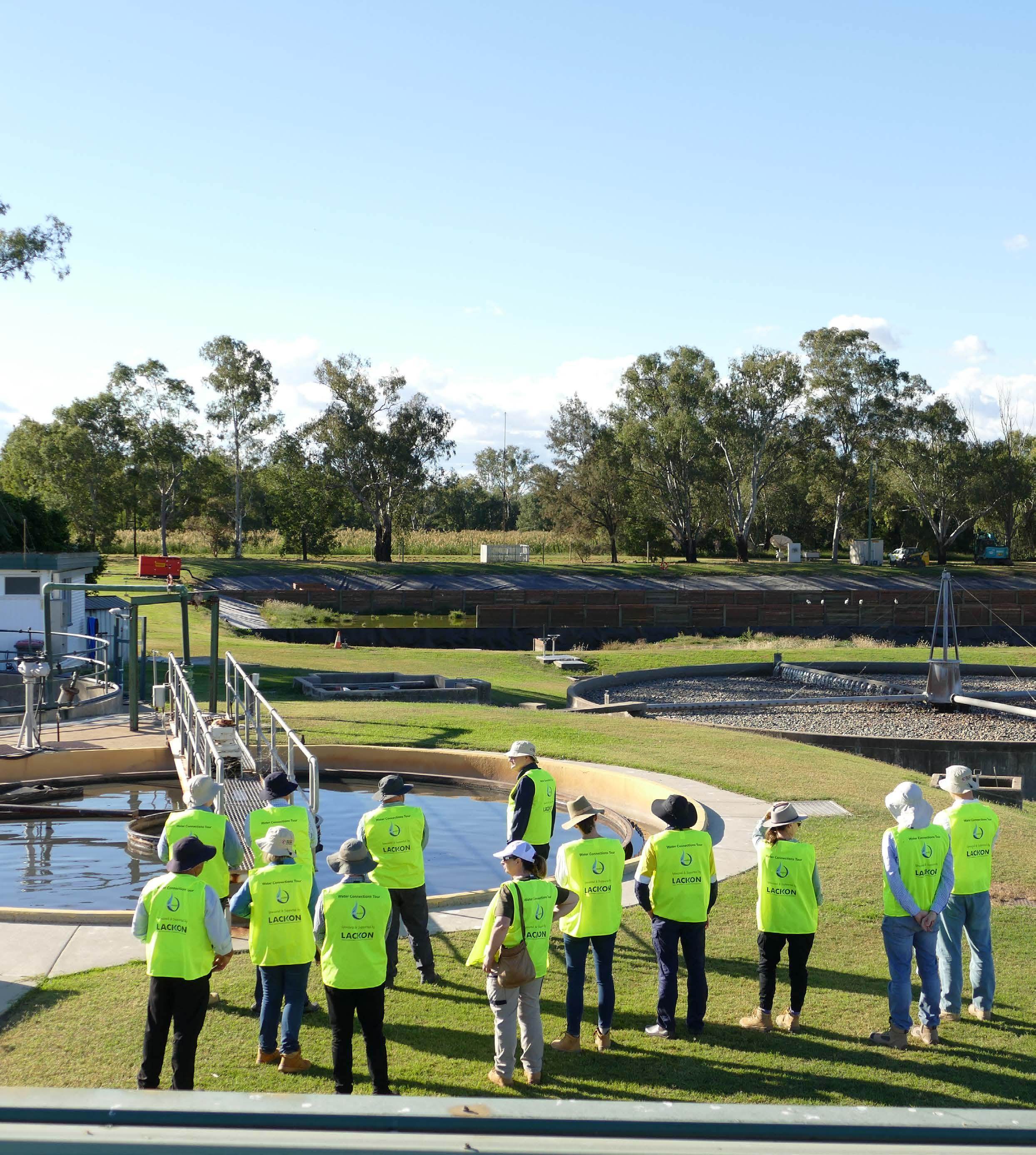
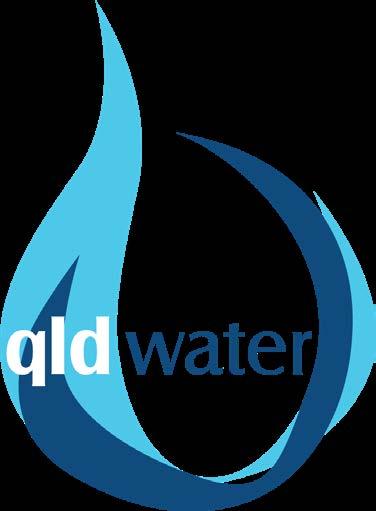
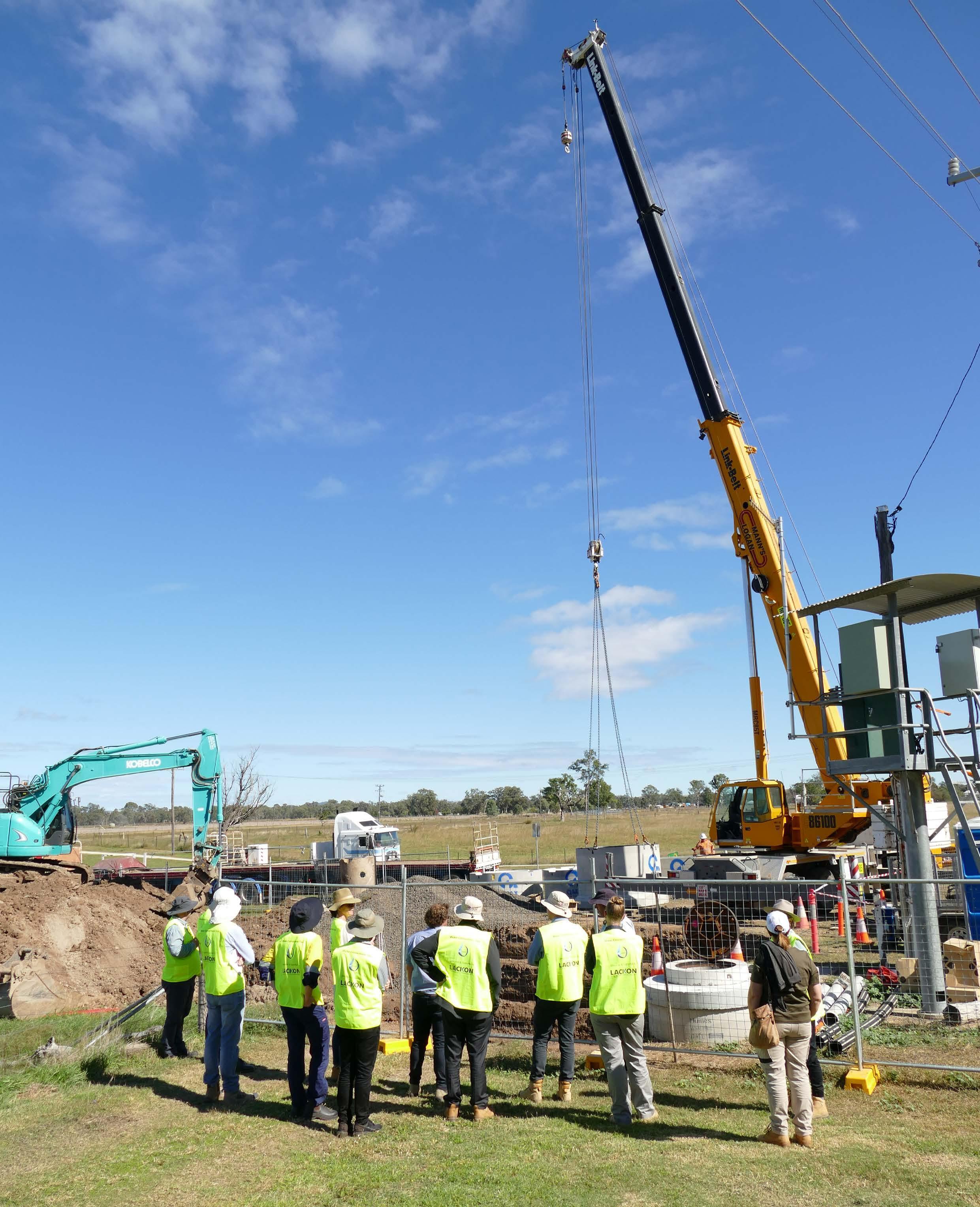




For 22 years, the Queensland Water Directorate (qldwater) has represented the interests of our members, taking on a central leadership role in supporting the Queensland urban water sector.
qldwater aims to strengthen the sector to maintain and improve the safety, health, wellbeing and sustainability of Queensland’s communities.
We pride ourselves on being adaptable and responsive to unexpected and emerging issues affecting the water sector, providing our members with:
• a strong, dependable and united voice
• accurate, reliable and timely information
• critical technical and professional resources
qldwater is a dedicated advocacy association with strong working relationships with national water industry associations as well as Local, State and Commonwealth government agencies.
qldwater is a business unit of the Institute of Public Works Engineering Australasia, Queensland & Northern Territory (IPWEA-QNT), reporting to the Institute’s Board.
• links to essential skills and training programs to help improve industry capabilities and assist career development sectoral capabilities and assist career development
• opportunities for contribution to policy formulation
• support for water management, regional collaboration and efficiency improvements
• information sharing and streamlined water reporting
• research in response to the sector’s needs
• opportunities for knowledge sharing and the establishment of collaborative networks.
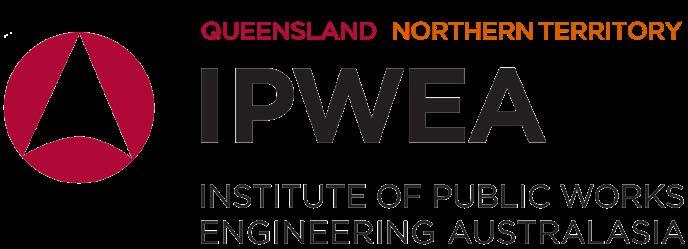
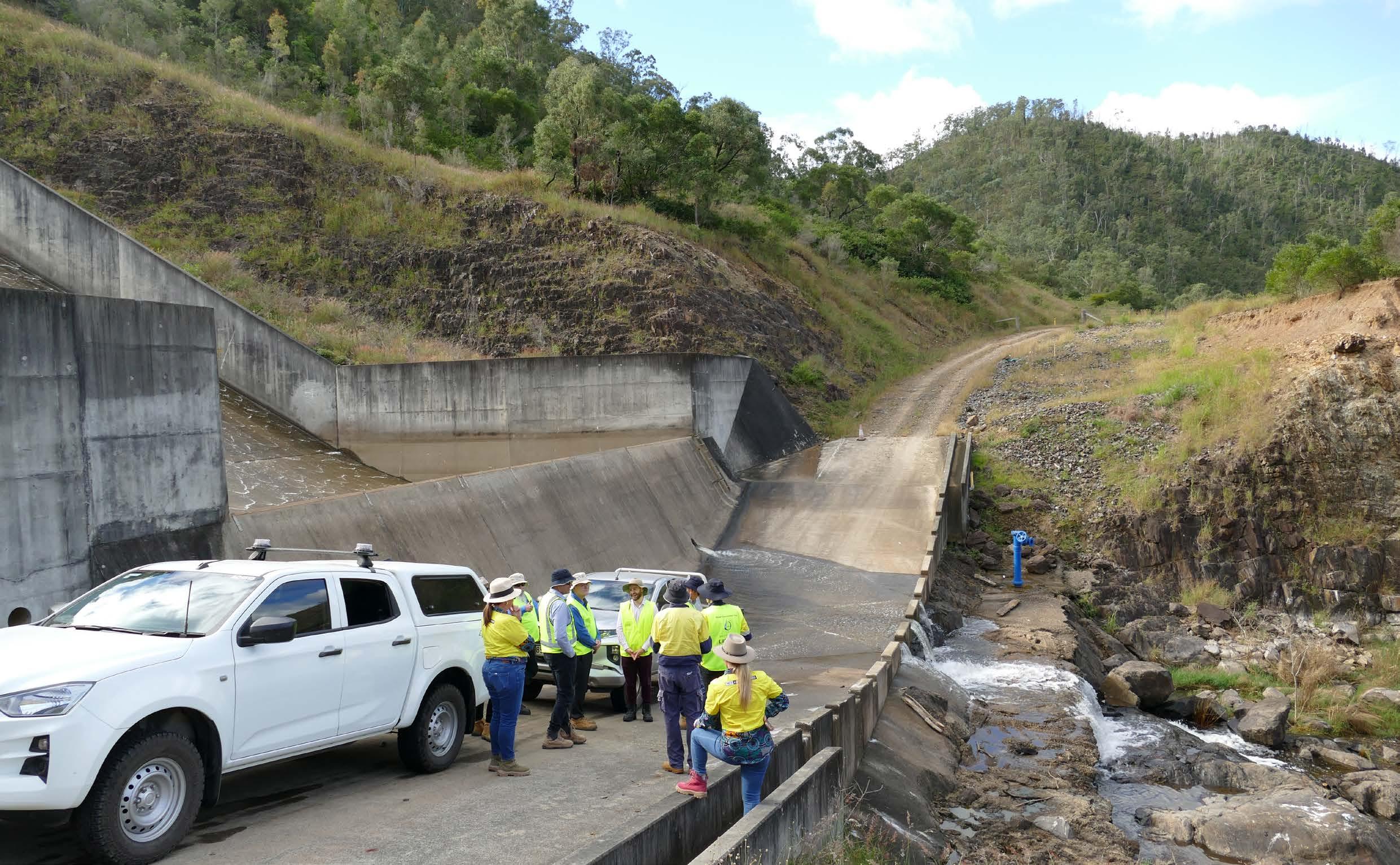

As Chair of the qldwater Strategic Priorities Group (SPG), I’ve had the privilege of leading and supporting a dedicated and passionate network of professionals from across Queensland’s water sector.
The ongoing commitment by qldwater to connect Local Government and other public water teams through peer networks for advocacy and collaboration remains a cornerstone of our success.
The expertise, advocacy skills and deep sector connections of CEO Dr Georgina Davis and Queensland Water Regional Alliances Program (QWRAP) Program Director David Wiskar have positioned the Directorate as a powerful and respected voice for Queensland’s urban water industry.
The Directorate’s dedication to regional engagement was, once again, demonstrated through the success of the annual Water Connections Tour. This year, qldwater staff accompanied representatives from various State Departments and partner organisations on a journey through South-West Queensland. The tour offered firsthand insight into the challenges faced by regional
water service providers and facilitated the exchange of current technical and policy knowledge. It also provided a valuable opportunity to better understand the unique needs of small and remote communities, and the challenges in meeting those needs.
QWRAP continues to evolve and mature, and over the past year, the Directorate has played a pivotal role in refining the program’s vision, mission, and strategic direction. This work, undertaken in partnership with the Department of Local Government, Water and Volunteers (DLGWV) and the Local Government Association of Queensland (LGAQ), has reinforced QWRAP’s role in fostering innovation and collaboration across nine regions that span much of the state.
The qldwater team has continued to demonstrate why the Directorate is such an essential and influential presence in Queensland’s water sector.
Trevor Dean SPG Chair
The Strategic Priorities Group meets quarterly to help set the strategic priorities for qldwater Membership of the SPG is open to all qldwater members. Active members include:
Chair:
Trevor Dean (Fraser Coast Regional Council)
Banana SC
Bundaberg RC
Burdekin SC
Cairns RC
Cassowary Coast RC
Central Highlands RC
Charters Towers RC
Cherbourg SC
City of Gold Coast
Fraser Coast RC
Gladstone RC
Deputy Chair: Shaun Johnston (North Burnett Regional Council)
Gladstone Area Water Board
Goondiwindi RC
Gympie RC
Isaac RC
Livingstone SC
Logan CC
Mackay RC
Maranoa RC
Mareeba SC
Mount Isa Water Board
North Burnett RC
Palm Island ASC
Redland CC
Rockhampton RC
South Burnett RC
Southern Downs RC
Tablelands RC
Toowoomba RC
Townsville CC
Unitywater
Urban Utilities
Whitsunday Regional Council
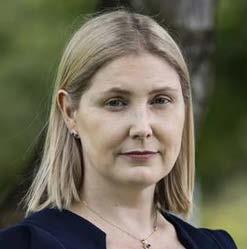
It has been a busy year for the Queensland Water Directorate (qldwater) and indeed the urban water sector. Notably, we developed extensive, evidence- based manifestos for the State Election in October 2024 and the Federal Election in May 2025. This work has positively resulted in election commitments from the Queensland Government to address emerging risks for our sector. I am grateful to our Strategic Priorities Group for the guidance and input that they provided to ensure mission-critical priorities for the sector were comprehensively included in both manifestos.
We continue to provide submissions across significant subject areas for the sector including a detailed submission to Queensland’s Red Tape Reduction Taskforce. Several of the matters raised have been passed to various Departments for further review, indicating potential future improvements to a range of regulatory and policy matters.
The 2024-25 disaster season, saw at least 17 separate natural disaster events across Queensland. These events included floods, bushfires, cyclones, and severe storms. Seventy out of Queensland’s 77 local government areas were impacted and received support under the Disaster Recovery Funding Arrangements. This season was considered one of the most extensive in terms of landmass and number of communities affected, according to Queensland’s Reconstruction Authority.
And while some of those climate events were not as severe this year as they had been in recent years, the number of consecutive events felt unprecedented with the High Risk Weather Season (HRWS) lasting beyond April, longer than typically expected. We did experience significant damage to water assets – and critically, damage to our communities leaving me heartbroken for their losses.
We need a broader recognition of climate whiplash which is testing the growing fragility of our aging infrastructure assets and supply chains and testing our communities; pushing both the sector and those impacted further into the cycle of relief and recovery. Despite our growing experience of the relief/recovery cycle, red tape remains an issue to getting things done at these difficult times. There are still barriers and too many conditions for accessing funding, all of which impede the timeliness of decision making.
The qldwater events this year were highly successful - from our Annual Forum which sold out; our Skills Forum at Parliament House opened by the Hon Amanda Stoker MP, Assistant Minister for Finance, Trade, Employment and Training; the Emerging Contaminants Workshop in Townsville which attracted the biggest science brains; and the Environmental Opportunities Forum in Gympie which brought together practitioners from both the environment and water sectors to foster further collaboration.
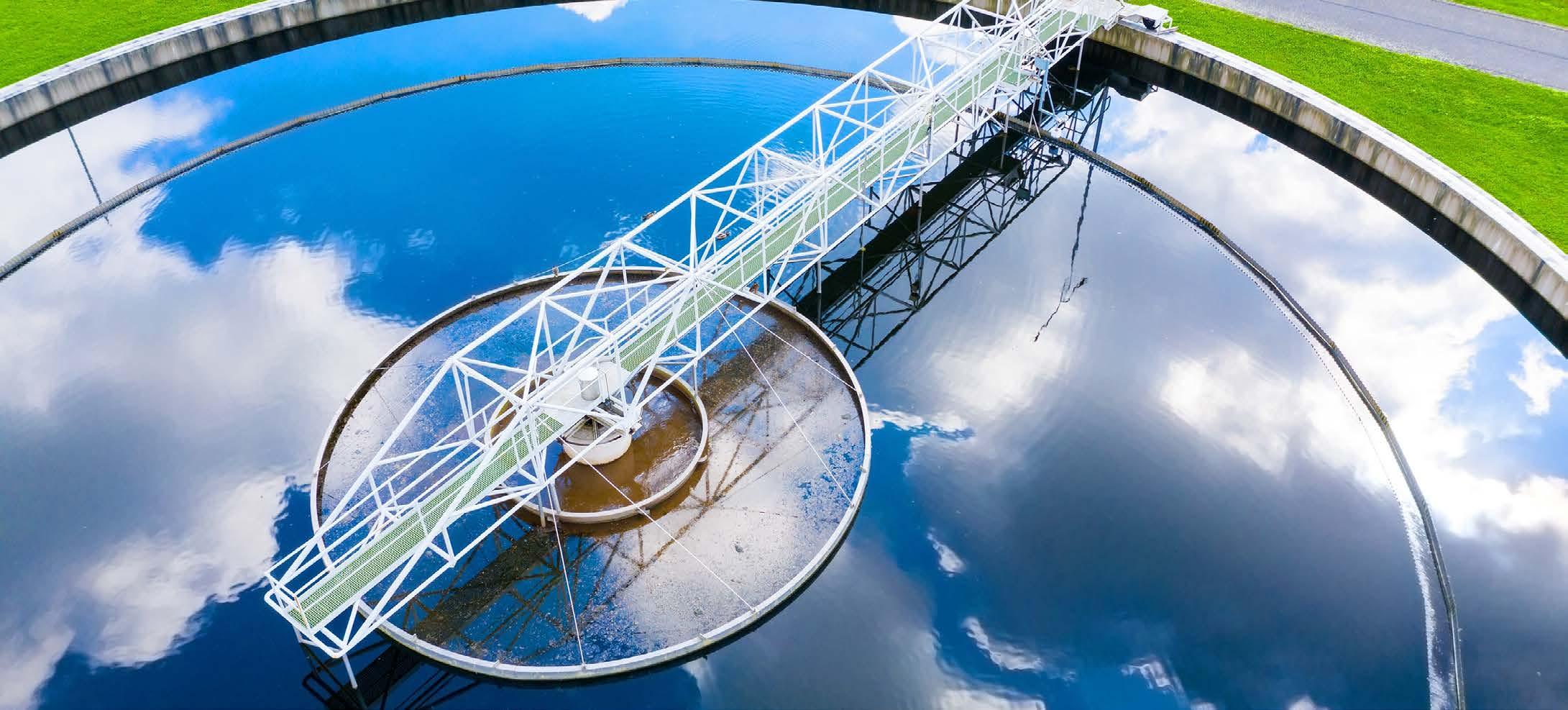
The Water Connections Tour in May brought together State Government officials from the Department of Local Government, Water and Volunteers, Department of Environment, Tourism, Science and Innovation, Drinking Water Regulator, Queensland Health, Council leaders from Toowoomba Regional Council, Goondiwindi Regional Council, Maranoa Regional Council, Balonne Shire Council and technical experts. I wish to thank the councils and all personnel involved for the generosity of their time and expertise.
Other activities included the Future of Biosolids Reuse Roundtable in Toowoomba that resulted in an agreed set of principles amongst key stakeholders going forward. And our webinars continue to provide insight and support to the sector.
Knowledge is power, and while our events provide opportunities to connect and build friendships, they also provide a crucial platform for knowledge sharing and learning.
A massive congratulations to the qldwater Consortium for Research and Advocacy on Contaminants (qCRAC)
who took out the AWA Queensland Organisational Excellence Award for a model that is not only unique in the sector but contributes to a better understanding of the contaminants of concern that benefits everyone.
As always, I want to personally thank our members for the time and information that they contribute to qldwater, whether through leadership in our various groups, by attending events or the delivery of webinars and training.
qldwater is a member-based organisation with a clear purpose – we welcome all members to participate in our groups and influence the future of the Directorate. Finally, I continue to be extremely proud of the knowledge and professionalism of the qldwater team and the positive and sustained contribution that they make to the sector. I wish to thank them for their support and their friendship.
Dr Georgina Davis CEO
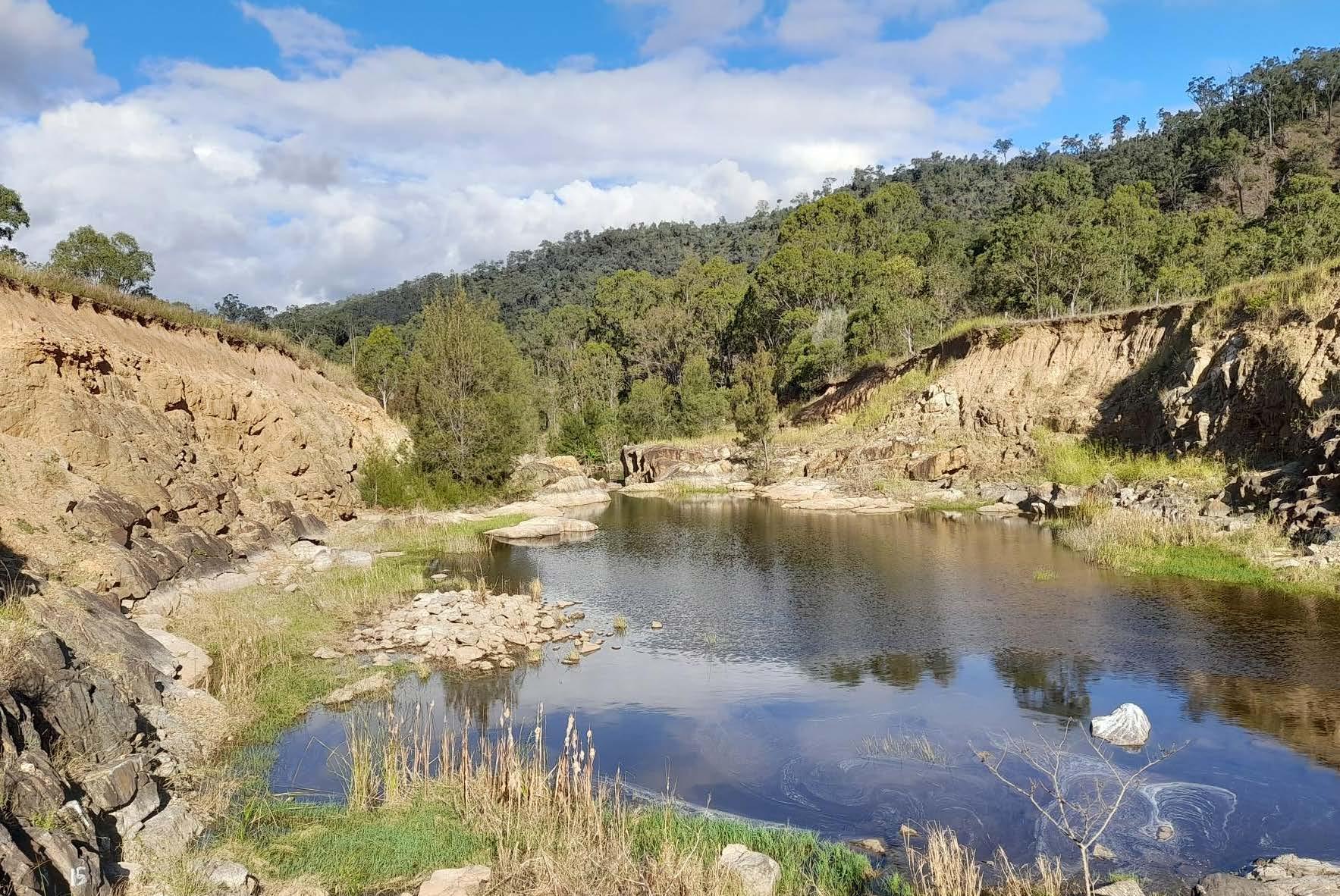
In 2024-25 qldwater had a total of 73 full members, representing all urban water service providers.
• 17 of 17 Indigenous Councils
• 52 of 52 Non-Indigenous Councils
• 2 of 2 council-owned statutory authorities in SEQ (Unitywater, Urban Utilities)
• 2 of 2 state government-owned Statutory Authorities (Gladstone Area Water Board)



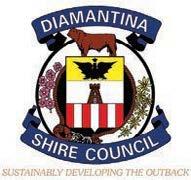
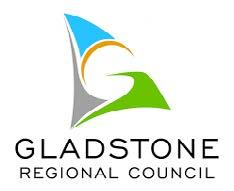
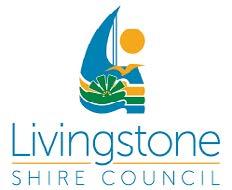

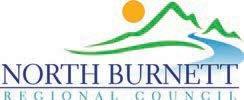

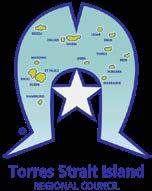
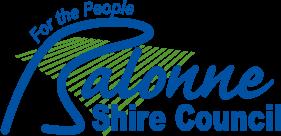
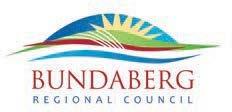
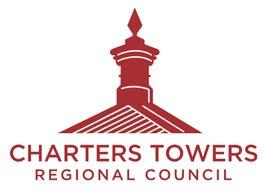
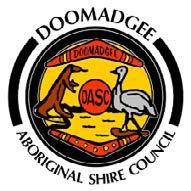
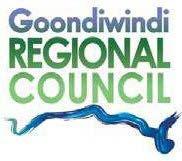
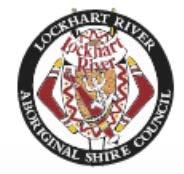

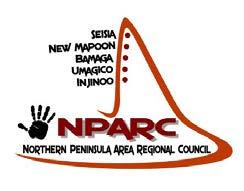
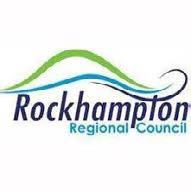
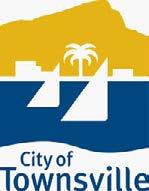
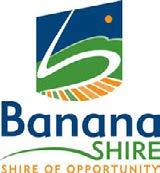
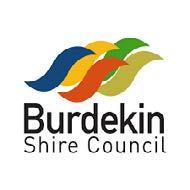
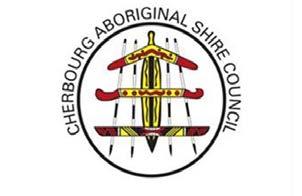

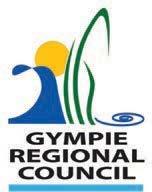
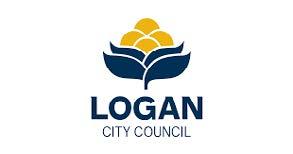
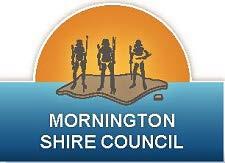
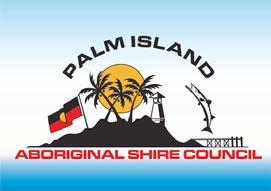
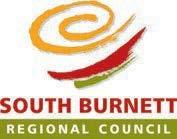
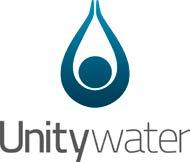
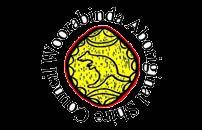

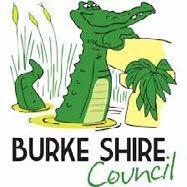

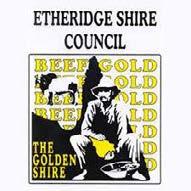
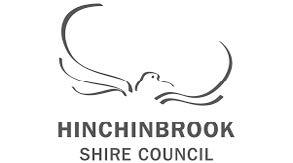

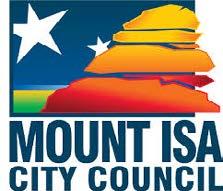
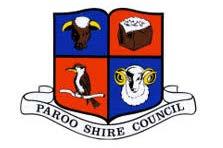
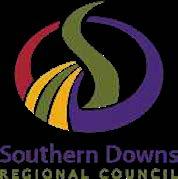
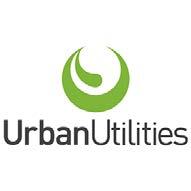
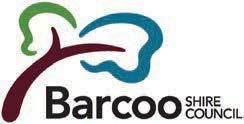
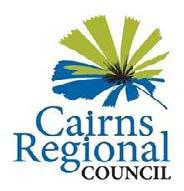
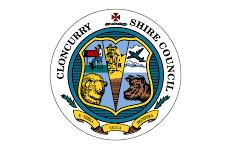
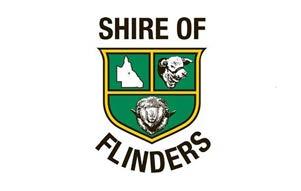
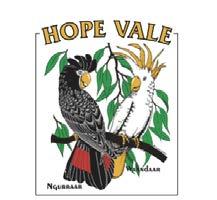
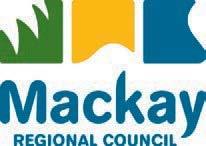
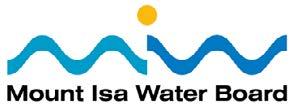
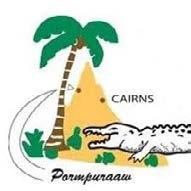
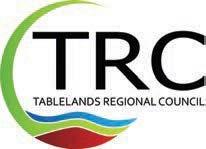
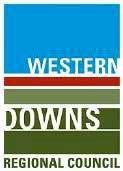
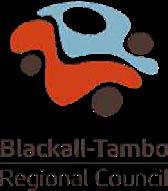
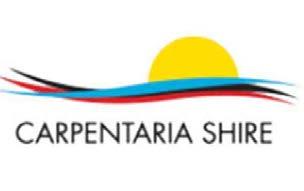
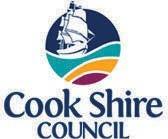
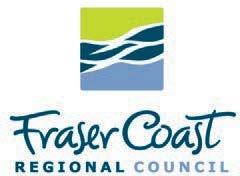
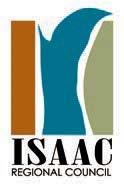

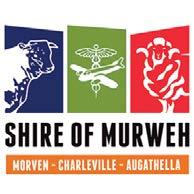
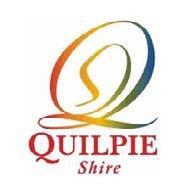
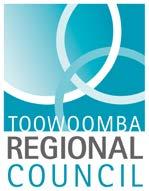

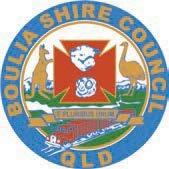
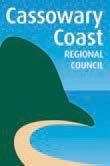
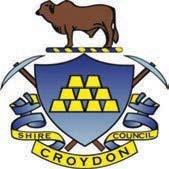
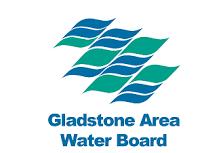
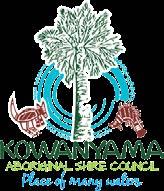

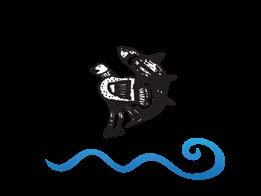
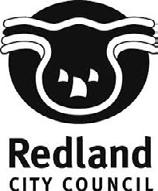
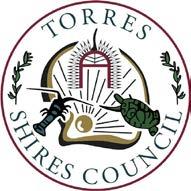
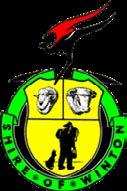




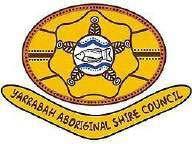
Affiliate memberships allow qldwater to build relationships with organisations who are aligned with our vision and mission for safe, secure and sustainable urban water and sewerage services to all Queensland communities. In 2024-25, qldwater had 19 Affiliate Members.
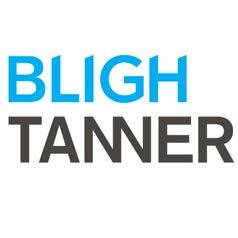

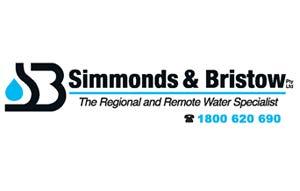
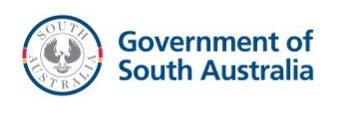
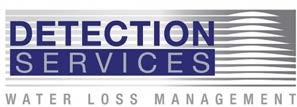
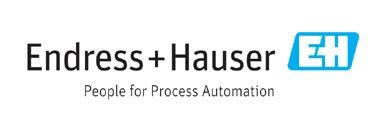

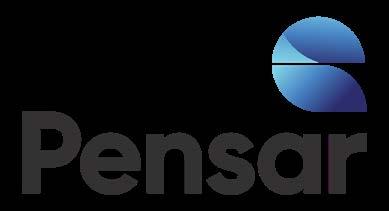


Department of Health




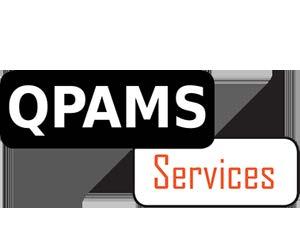
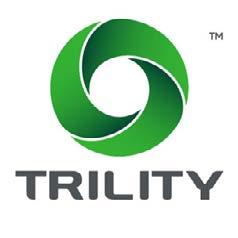



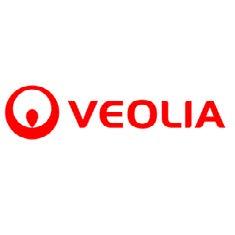
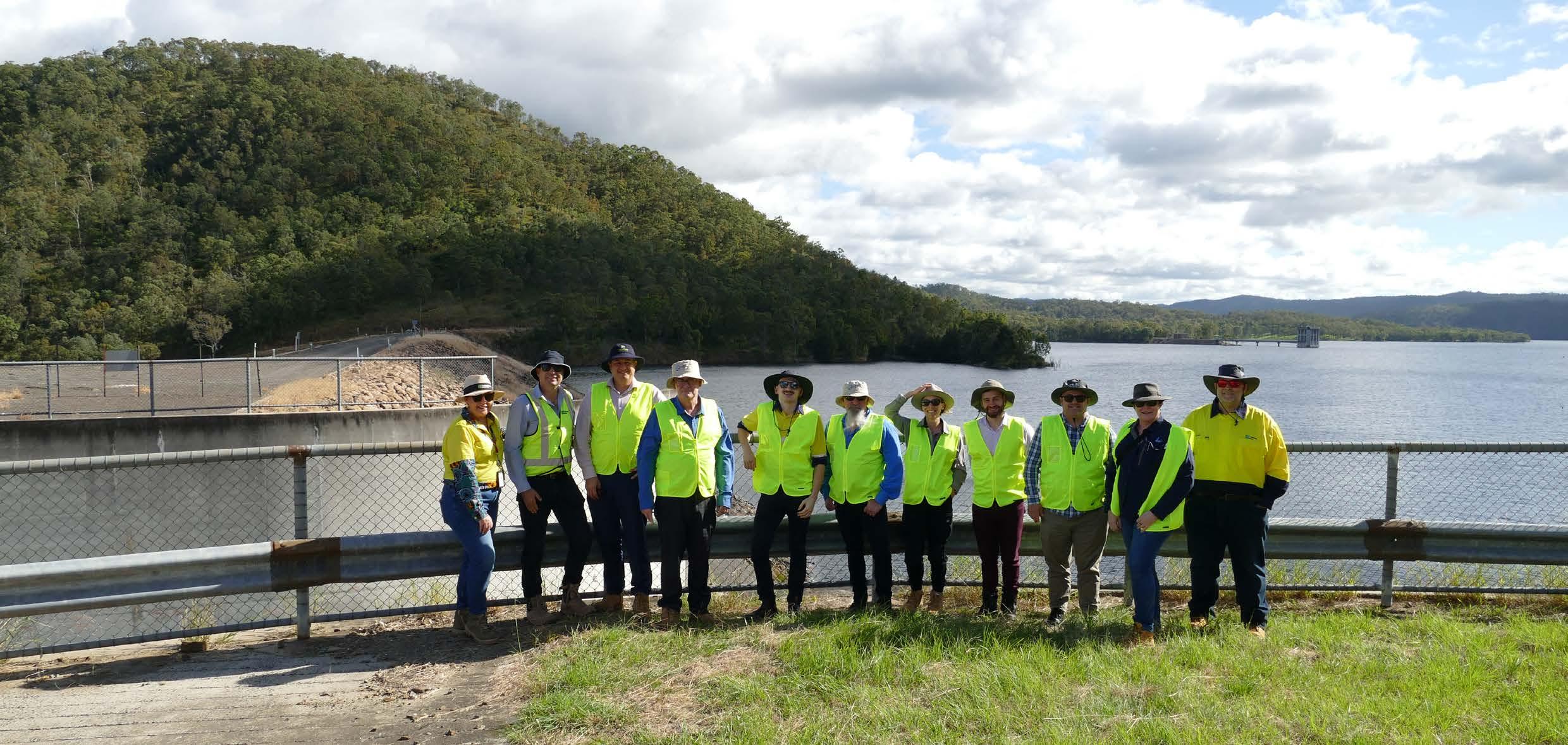
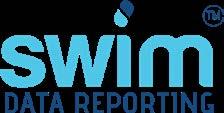

The Statewide Water Information Management (SWIM) program has simplified reporting of water and sewerage data from utilities and Councils as required by numerous State and Commonwealth agencies saving up to 0.5FTE per member.


The Queensland Water Skills Partnership is an award-winning industry collaboration of 50+ Councils to address critical skills needs and workforce development in the urban water sector.

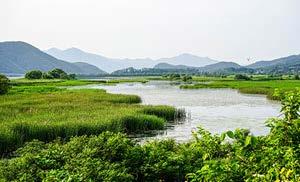
The Sewerage and Water Environmental Advisory Panel (SWEAP) provides advice on environmental management and regulation and fosters collaboration on joint submissions on policy issues.


swimlocal provides cost-effective integrated data management for water authorities. It currently has 64 subscribers across Australia.

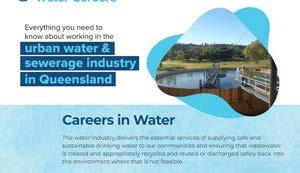
The Queensland Water Careers website is an initiative of the Water Skills Partnership to promote career pathways and opportunities in the urban water and sewerage industry in Queensland.
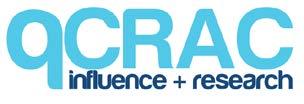
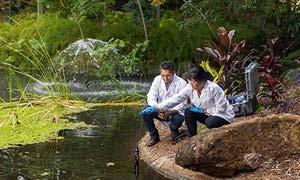
The qldwater Consortium for Research and Advocacy on Contaminants is a partnership among 11 Queensland Service Providers focused on research and policy on contaminants of emerging concern.
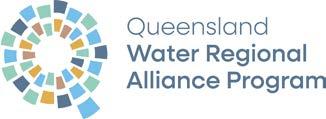
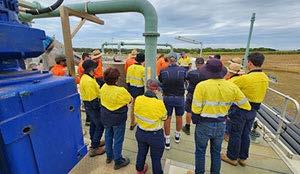
The Queensland Water Regional Alliances Program (QWRAP) is an industry-led initiative with 57 members in 9 regions to investigate regional collaboration on water and sewerage services in regional Queensland.

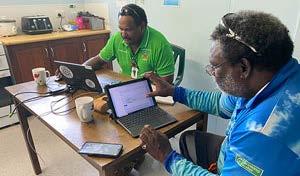
Home of the Aqua and Brown Card training courses, the water training website is a growing resource of courses developed by the industry, for the industry and the contractors that service it.

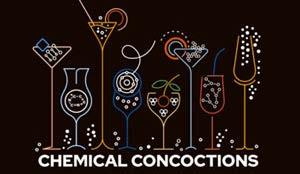
The Chemical Concoctions website is an initiative of qCRAC to inform the community of chemicals of emerging concern that may be hiding in our homes, and to provide advice on what we can do to reduce exposure.
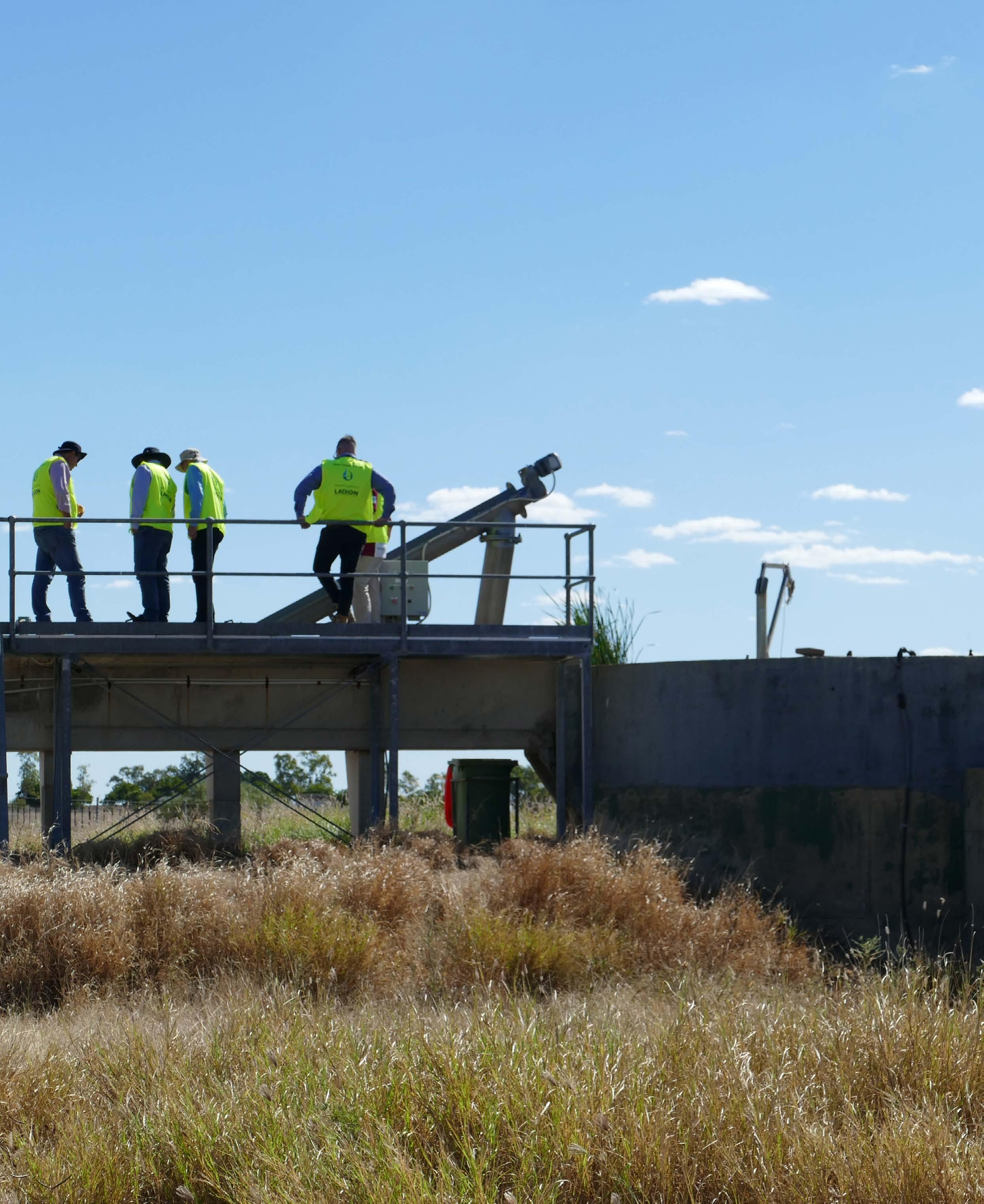
qldwater has continued to represent the Queensland water sector on key issues and negotiations with state and federal governments throughout 2024-2025.
On commencement of the new Queensland Government, qldwater invited the new Minister for Local Government and Water and Minister for Fire, Disaster Recovery and Volunteers, Hon Ann Leahy, to meet with SPG members and invited guests at an End of Year Event. qldwater continues to engage with elected members to ensure that our sector is represented and considered across the portfolios.
Successes over the past year include:
• qldwater secured a class exemption (with conditions) under section 684 of the Work Health and Safety Regulation 2011 (WHS Regulation) to be exempt from requirements in section 446 of the WHS Regulation. The exemption applies to local governments that are registered as a Water Service Provider under the Water Supply (Safety and Reliability) Act 2008, distributorretailers as defined in the South-East Queensland Water (Distribution and Retail Restructuring) Act 2009, and entities contracted to undertake high pressure water jetting activities on behalf of a local government registered as a Water Service Provider or a distributor-retailer. The exemption will allow our sector to carry out work involving high-pressure water jetting of the asbestos sewer pipe infrastructure in Queensland. qldwater also released a Grey Card training course to provide further advice and training to our members to ensure safety when working with asbestos.
• qldwater gained legal advice on whether our members (local governments and other water service providers) can deem their suitably qualified and trained personnel to be an authorised person under the Plumbing and Drainage Act 2018 (Qld) to repair, replace and install urban water meters, and whether suitably qualified and trained personnel could install a new water meter where there was no existing connection or Plumbing application (for example, for new housing estates where the water meter would simply be part of our network).
• qldwater advocated for Section 36 of the Water Supply (Safety and Reliability) Act 2008 (Qld) to take precedence over regulated works under the Plumbing and Drainage Act. The Water Supply (Safety and Reliability) Act grants authorised persons the power to enter residential properties for the purpose of inspecting, operating, or
maintaining water and sewerage infrastructure. to permit our suitably qualified network operators. If this request is successful, we will then further request an exemption for the installation of new water meters on new infrastructure.
• qldwater continued to facilitate action and complaints regarding Telco matters through the Australian Communications and Media Authority and the Telecommunication Industry Ombudsman.
• qldwater continues to advocate on behalf of the water sector on the Transport and Main Roads (TMR) manual for design of utilities in statecontrolled road corridors (SCRC). TMRs objective is to improve planning and approval processes for utility assets in SCRC and preventing relocation of assets.
• qldwater developed an Election Manifesto for the Australian Federal Election in line with five priority areas identified by the SPG including training and skills, contaminants of emerging concern, the Environment Protection and Biodiversity Conservation Act, telecommunication powers, and urban water sector funding.
• qldwater organised a Water Connections Tour taking key decision makers from various Departments to visit South West Queensland Councils in May 2025.
• qldwater actively with the Department of Local Government, Water and Volunteers (DLGWV) and key large water utilities to activate the Water Services Sector Group (WSSG) under the Mutual Aid Guidelines following severe flood events across the State.
• qldwater briefed the SPG on a proposed new Hazardous Chemicals Planning Guideline from the Office of Industrial Relations which will include, among other things, the guidance for the design and location of water treatment plants for local
government to adopt in their planning schemes. This outcome followed concerns raised by members around encroachment and qldwater’s subsequent advocacy, including a webinar on Land-Use Safety Planning for Chlorine Gas.
• We worked closely with the DLGWV and the Local Government Association of Queensland (LGAQ) to progress projects through the QWRAP program.
• qldwater collaborated with WSAA on a Whole of Sector approach to water infrastructure delivery procurement to maximise customer value.
Other key submissions and representations on behalf of members this financial year include but are not limited to:
• Submission to the Department of Climate Change, Energy, the Environment and Water National Greenhouse and Energy Reporting (NGER) scheme and forward work program, proposing amendments including the introduction of marketbased reporting of emissions from consumption of biomethane and hydrogen, and enabling reporters to account for biosolids diverted to biochar production.
• Election Manifesto for the 2025 Australian Federal Election outlining key policy positions that qldwater and its members wish to advance, and inviting all political candidates and parties to adopt these positions as formal political policy.
• Letter to the Emissions Reduction Assurance Committee, Department of Climate Change, Energy, the Environment and Water, regarding the review of the Animal Effluent Management ACCU method, noting that the Wastewater method expired on 31 March 2025. It is qldwater’s preference for the Wastewater method to be remade separately from the AEM as the waste streams, biological processes and economics may be different, and there are nuances to some technology applications. We note the urgent need for policy certainty around a new/updated Wastewater method to provide (investment and project) confidence for the sector.
• Letter to the Director General of the Department of Local Government, Water and Volunteers in response to the Queensland Government’s commitment to partner with Local Government in identifying initiatives to streamline approvals and remove barriers. In the submission, qldwater
identified six priority areas where there are unnecessary barriers and risks to the efficient and effective role of urban water service providers across Queensland, proposing a number of initiatives and amendments to remove these barriers.
• Letter to Hon Samuel O’Connor, Minister for Housing and Public Works, providing an opportunity for red tape reduction by allowing network operators from Water Service Providers to access residential properties for blockage clearance. This proposal provides an opportunity to streamline approval processes and removes barriers for local councils to simply access and maintain their sewerage assets (to remove blockages quickly and in a cost-effective manner).
• Submission to Jobs and Skills Australia 2025-26 Work Plan Development Consultation underscoring the need for better workforce data, targeted policy interventions, and improved collaboration across government levels to ensure Queensland’s water sector remains resilient. The submission particularly emphasises workforce shortages, challenges in migration pathways, and the need for more accurate classification of water sector occupations.
• Submission to the Auditor General regarding Performance Audit Report, Managing Queensland’s Regional Water Quality Report #7 dated 18 December 2024, outlining the deficiencies of funding critical water infrastructure and how this has led to risks within urban water schemes. The Directorate’s policy position is for all future changes to drinking water regulations and water quality management plans in Queensland to be subject to a regulatory assessment process. The submission asks for the release of the Urban Water Risk Assessment and responds to some of the 11 recommendations from the report.
• Submission to the Emissions Reduction Assurance Committee Secretariat at the Department of Climate Change, Energy, the Environment and Water on approaches to sunsetting Australian Carbon Credit Unit (ACCU) Methods (Wastewater Method) calling for an assurance that there will be a remake of the Wastewater Method incorporating well consulted changes that are co-designed with the urban water sector, will build confidence and continue growing momentum for technology and
process adoption.
• Submission to the Office of the Queensland Training Ombudsman in response to its review of pricing and subsidy setting framework highlighting the complexity of the system and associated information sources and recommending annual reviews of training allowances and subsidies to account for inflationary costs, increasing the number of Units of Competency funded in each qualification, streamlining levels of subsidy, upgrading the central register of Skills Assure Suppliers and maintaining 100% subsidy for RPL.
• Submission to the PFAS Select Committee calling for action on PFAS including fast-tracking mandatory national labelling laws, a national prohibition of the PFAS class of chemicals in all goods in Australia, a national communication campaign to explain the risks, and recognition and support of the urban water sector as the receivers of these chemicals on behalf of the community. qldwater also calls for statutory amendments to exempt WWTPs from civil liability for the release of PFAS where operational compliance is consistent with the general environmental duty of EA, and for greater financial assistance to upgrade WWTP infrastructure.
• Submission to the Safe Work Australia Consultation on the workplace exposure limits for H2S and Cl2, supporting the submission made by the Water Services Association of Australia (WSAA) and the sector’s unanimous position that the best community outcome will be achieved through retention of the current workplace exposure limits for H2S & Cl2. The proposed reduction of the workplace exposure limit for Cl2 or H2S have no demonstrable safety benefits, are inconsistent with international jurisdictions and are impossible to accurately and consistently measure at water treatment facilities.
• Submission to the Director, Telecommunications Deployment Policy Digital Inclusion & Deployment Branch Department of Infrastructure, Transport, Regional Development, Communications and the Arts in response to the Powers and Immunities Framework Consultation Paper regarding proposed changes to the Telecommunications (Low-Impact Facilities) Determination 2018 (LIFD) and the Telecommunications Code of Practice 2021. qldwater does not support the proposal and
does not believe that the “balance” stated in the Consultation Paper achieves its intended purpose of modernising and removing unnecessary barriers for the water sector.
• Submission to the Emissions Reduction Assurance Committee Secretariat at the Department of Climate Change, Energy, the Environment and Water regarding the Review of the Alternative Waste Treatment Method – Consultation Paper November 2024. qldwater supports the remaking of the AWT method given potential future opportunities for the urban water sector (and local government sector) particularly given technology advancements.
• Letter to the Emissions Reduction Assurance Committee Secretariat at the Department of Climate Change, Energy, the Environment and Water in response to the proposed variation to the Carbon Credits (Domestic, Commercial and Industrial Wastewater) Methodology Determination 2015 (the Wastewater method). qldwater supports the proposed variation to implement a crediting period extension of five years for non-biomethane projects under the Wastewater method, extending the period over which non-biomethane projects can earn Australian carbon credit units (ACCUs) from seven to twelve years. This will provide additional certainty to project proponents and infrastructure owners.
• Submission to the Productivity Commission on the opportunities in the Circular Economy raising concern that we are heading for a perfect storm where biosolids production is increasing (due to growing populations) while the opportunities for their (beneficial) use in the circular economy is diminished due to emerging contaminants and increasing regulations, and there are no opportunities for disposal. To manage the emerging risks, the Australian Government in association with the Queensland Government must consider immediate funding for local councils delivering urban water services. New infrastructure will take time to design and build, while new regulations and public concerns are progressing quickly.
• Submission to the Department of Environment, Science and Innovation on proposed changes to the PFAS Regulated Waste limits raising concerns about the detrimental effect of the current zero
threshold, especially where it pertains to the loss of circular economy and revenue generation potential for beneficial reuse, the high costs associated with disposal of Category 1 regulated waste to landfill, the requirement for transport of all PFAS-containing materials as regulated waste and additional costs borne by local authorities for the management of material generated from infrastructure project that may contain low levels of PFAS.
• Submission to the Queensland Competition Authority regarding the draft report on Sunwater’s rural irrigation price review 2025-29, raising concerns around a lack of transparency and a refusal to re-enter into long-term water supply contracts with local governments, making it impossible for service providers to set council budgets and raising speculation over future price impacts on householders during a cost-of-living crisis. Other concerns include the $38.6 million cost of a new customer billing system and a further $1.7 million per year ongoing costs to be shared with customers, and the ability for financially strained local governments to pay increased bulk water prices.
• Submission to the Department of Climate Change, Energy, the Environment and Water regarding the competency benchmark for local water utility operators in NSW stating our support for a competency benchmark in the absence of national coordination and regulation and suggesting a range of opportunities for consideration.
• Submission to the National Health and Medical Research Council in response to the Australian Drinking Water Guidelines public consultation on draft guidance for lead replacements in plumbing products, lead and manganese seeking clarification on the form of Manganese that the health guidelines relate to and raising concern that the new guidelines will make some source waters across Queensland unusable at a time where there are increasing challenges to water security. While qldwater does not dispute the need for improving the ADWG Guidelines for the benefit of our communities, the new limits will require significant changes to water treatment processes and infrastructure upgrades long-term. Short-term some providers may be required to disconnect certain water sources, potentially resulting in intermittent water supply incidents.
• As the central advisory and advocacy body for Queensland’s urban water sector, qldwater collated five key policy positions we wished to advance as part of the 2024 state elections, inviting all political candidates and parties to adopt these positions as formal political policy.

The Statewide Water Information Management (SWIM) program is a local database/online water reporting portal that collates data submitted by service providers to streamline mandatory reporting requirements to a range of State and Federal agencies. Having a centralised reporting system strengthens industry negotiations to achieve standardised definitions and reduces the incidence of poorly considered oneoff data requests. It also increases the reliability of benchmarking and comparative data – a critical tool to improve performance and provide customer confidence.
The 14th annual qldwater Water and Sewerage Benchmarking Report was published in the period. The report is published as a package that includes two sets of slides in PowerPoint with charts for all water reporting entities separated into:
1. medium, large and extra-large service providers, and
2. small and indigenous service providers. The package includes a document providing explanatory notes and additional insights that should be read in conjunction with the charts. The slide deck and explanatory report contains a suite of indicators and benchmarking data for all 72 of Queensland’s council owned urban water/sewerage utilities.
With 64 Service Providers currently using the full licensed version of swimlocal (and still growing), the program continues to evolve in line with customer needs. Queensland Health (Cairns) have signed up to the swimlocal data management tool for their legionella and water quality data management.
All qldwater members have access to a free version of the swimlocal software (to enter their regulatory required annual water and sewerage data and some metadata). The full licensed version of swimlocal includes significantly more functionality to help manage data at a local level:
• An Indicators module which allows SPs to manage Indicator data more frequently
• Automated Lab data uploads are available from several Labs across the State
• Task module which allows SPs to manage their ‘regular’ maintenance tasks
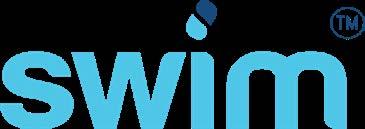
SWIM also supports a significant advocacy program, continually seeking to refine and reduce the reporting burden on members. It is receiving growing support from key regulators and industry experts.
This year Seqwater, Gladstone Area Water Board and Mount Isa Water Board have signed up to use SWIM for the first time.
Through the National Performance Report (NPR) review conducted in 2021, it was clear that SWIM represented the most robust and user-friendly system for NPR data collection and collation in the country. The 2023/24 NPR report and dataset was published in February on the Bureau’s Water Information website.
qldwater continues to work with DLGWV on the NPR Indicator Review Recommendations, particularly around reporting requirements for Service Providers with <10,000 connections who will be expected to start reporting from next year.
In preparation for these changes, qldwater hosted training sessions all across the State as well as an Essentials Webinar on Changes to NPR Reporting on SWIM, and recently ‘grouped’ TEAMS meetings with most Councils, and more to follow.

• Alerting via SMS/email, QA/QC processes, mobile data entry and other enhancements
• Graphing and Dashboard functionality to improve data analysis and use
We also released a major upgrade of the swimlocal software with lots of new functionality including a direct link to the Department of Environmental, Science and Innovation’s Water Tracking and Electronic Reporting System (WaTERS), and qldwater is currently talking to the Water Supply Regulator about the possibility of automating the transfer of Drinking Water Quality Management Plan Annual Data straight from swimlocal to them which will result in the current ‘weeks’ of data collation being a simple 5-10 minute task.

Since winning the Queensland Training Premier’s Industry Collaboration 2021 Award, the Queensland Water Skills Partnership continues to deliver beneficial programs of work and sound advice to support broader Federal, State and industry investment strategies.
The Partnership’s priorities are determined by its subscribers with four formal meetings per year, as well as regular engagement via email, online forums and input from the broader sector gathered at the annual Water Skills Forum.
The purpose of the Water Skills Partnership is to ensure that all water sector staff have the relevant skills and experience to deliver safe, secure and sustainable urban water and sewerage services to Queensland communities. It achieves this purpose by:
• securing funding for accredited water sector training,
• capturing workforce data and producing reports and workforce planning documentation,
• coordinating industry wide skills/workforce development projects,
• piloting training initiatives,
• information sharing and collaboration opportunities and
• representation for Queensland on numerous national industry skills committees.
The Partnership is the key initiative for progressing the skills agenda for the urban water sector in Queensland – both in developing a focus for implementing strategy and ensuring the State and Federal governments invest appropriately in this essential service.
The Queensland Water Skills Partnership hosted its eighth annual Water Skills Forum on Thursday, 27 March at Parliament House, Brisbane. Over 80 people attended the event with our key stakeholders in attendance including water managers, HR professionals, Registered Training Organisations, Government officials and more.
The theme for the event was Putting People at the Heart of Innovation. The event included a tour of QUT’s WISE Laboratory and drinks reception on 26 March.
The Forum was opened by The Hon Amanda Stoker, Assistant Minister for Finance, Trade, Employment and Training.
There are currently 51 subscribers to the Water Skills Partnership who worked together during 2024-25 to deliver the following initiatives:
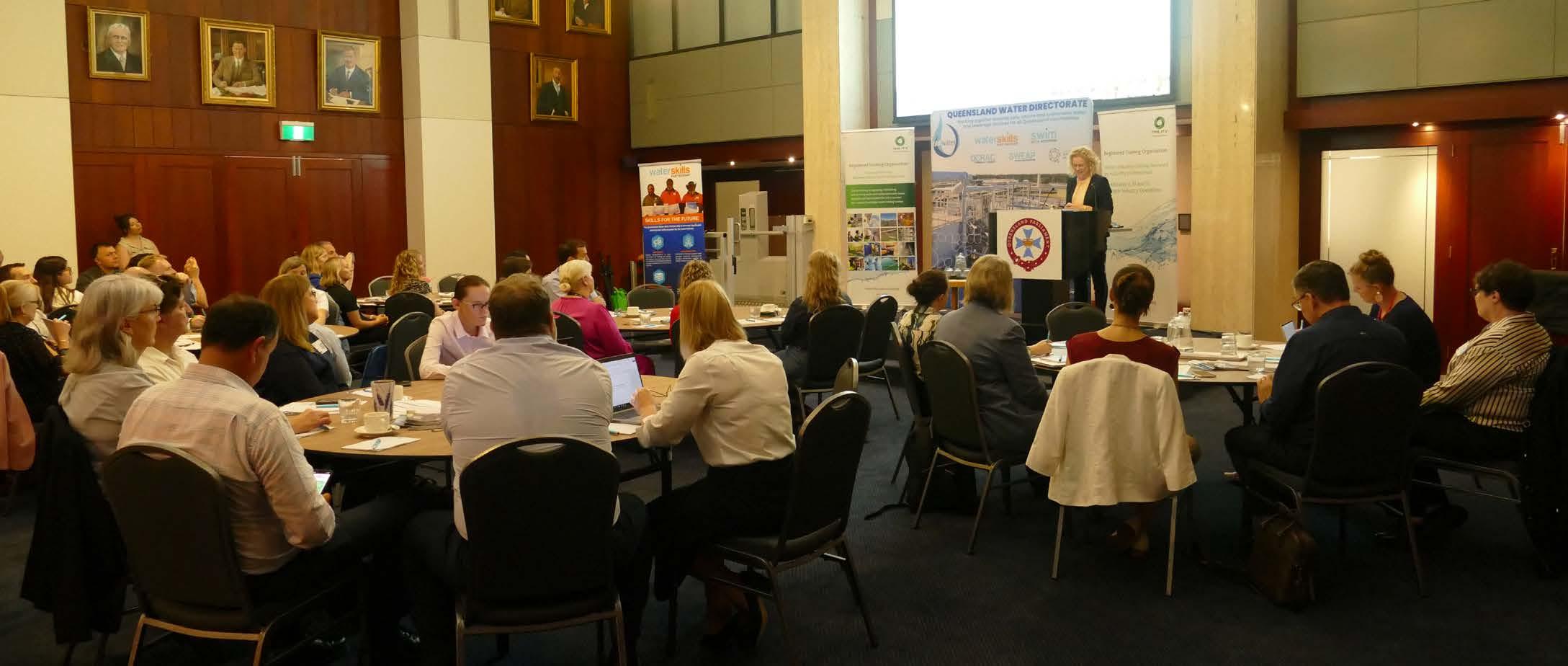
• Continued advocacy with DTET for an increase to Higher Level Skills subsidies following our success in securing a 50% uplift in the existing level of subsidy in 2023.
• Continued advocacy on the number of Skills Assure Suppliers (SAS) has yielded a doubling in the number of providers able to access subsidy mechanisms for training. Water is the only sector that has seen new SAS entrants at this moment in time.
• Continued rollout of in-person deliveries of a series of Micro Credential courses including Fluoridation of Water Supplies, An Introduction to SCADA, making use of water quality data and the operators’ role in effectively implementing a DWQMP.
• Building a topic-based resource library of 40 Fundamentals Webinars covering common water and wastewater treatment and network operations and maintenance.
• Developing a Water Workforce Toolbox as a one stop shop for valuable resources around skills and training, human resources, drinking water, wastewater, reporting and management with more topics to be added over time.
• Breaking our previous record in workforce data received for the 2024 Workforce Composition Snapshot Report, to be released soon.
• Securing QWRAP funding for an independent Queensland Water Skills Survey 2024 report by Balmoral Group Australia. The report included a range of recommendations for future actions ranging from policy and practical steps to bridge skills gaps, enhance workforce capabilities and mitigate risks associated with insufficiently qualified personnel.
• Continued growth in our online training platform at www.watertraining.com.au with seven additional courses added this year including:
• Teal Card: An overview of water sampling techniques and processes to ensure samples are representative, uncontaminated and preserved to form a strong bases for later analysis.
• Grey Card: Essential knowledge on the risks, handling, maintenance and management of asbestos cement (AC) pipes in water and sewerage systems. It covers condition assessment, cleaning methods, regulatory compliance and safe work practices to mitigate health and environmental risks.
• Chemistry: The fundamentals of Chemistry for the water sector.
• Calculations: The fundamentals of Calculations for the water sector.
• Fluid Flow: The principles of how pumps work, the reasons for energy loss in flowing fluids, how to control fluid flow and problem solving fluid flow systems.
• Isolation: Why isolations are needed, isolation methods and risk management using isolations.
• Monitoring: Why treatment plants should be monitored, how to monitor the plant and importantly, actions to be taken as a result of monitoring.
• Working closely with the Water Industry Worker (WIW) Coordinator to develop regional training hubs linked to QWRAP activities.
• Ongoing partnerships with key agencies and organisations, and increased collaboration with DSDILGP and Queensland Health to support indigenous council skilling activities.

In a significant win for the sector, qldwater successfully secured a new three-year contract under the Queensland Government’s Industry Skills and Jobs Advisor (ISJA) Program, administered by the Department of Finance, Trade, Employment and Training (DFTET). The $17 million ISJA Program is a cornerstone of the Good Jobs, Great Training: Queensland Skills Strategy 2024–28, aiming to strengthen connections between industry and government and ensure vocational education and training (VET) is responsive to workforce needs.
The new agreement provides qldwater with funding for a dedicated full-time ISJA role, allowing for the separation of responsibilities previously carried by the Water Skills Partnership Manager. This expanded capacity represents a major step forward in our ability to influence and manage skills, training, and workforce development across Queensland’s water sector. We were delighted to appoint Cass Cowley as the Industry Skills and Jobs Advisor. Cass brings valuable insight and experience from her previous role as Stakeholder Engagement Manager with the Department of Trade, Employment and Training (DTET) and has quickly made progress in setting the project up for long-term success.
Cass is managing the project on behalf of the newly formed Queensland Water Industry Reference Group (QWIRG)—a diverse cross-section of stakeholders from metropolitan, regional, and remote areas across both local government and private employers. QWIRG provides a sharpened focus on two-way engagement and advocacy to government and national training stakeholders.
Key ISJA activities to date include:
• Investment Settings: Collaborating with employers, small and larger businesses and other industry stakeholders to inform and report on the effectiveness and suitability of the Queensland Governments annual investment in Vocational Education and Training. Ensuring continued oversight of existing needs and emerging workforce needs at a regional level.
• National Engagement: Building strong relationships with BuildSkills Australia—the new Jobs and Skills Council (JSC) for the sector—and ensuring water maintains national visibility by inviting senior representatives to key qldwater events and maintaining oversight of JSC project activity and its effects on the Queensland water sector.
• Stakeholder Communications: Developing a targeted communications plan to ensure ongoing engagement with all relevant water sector partners through QWIRG and other channels.
An Action Plan outlining the strategic direction and focus areas for the project is currently in development and will be published on the qldwater website once finalised.
This renewed investment reinforces qldwater’s commitment to workforce development and ensures the water sector continues to have a strong voice in shaping Queensland’s training system.
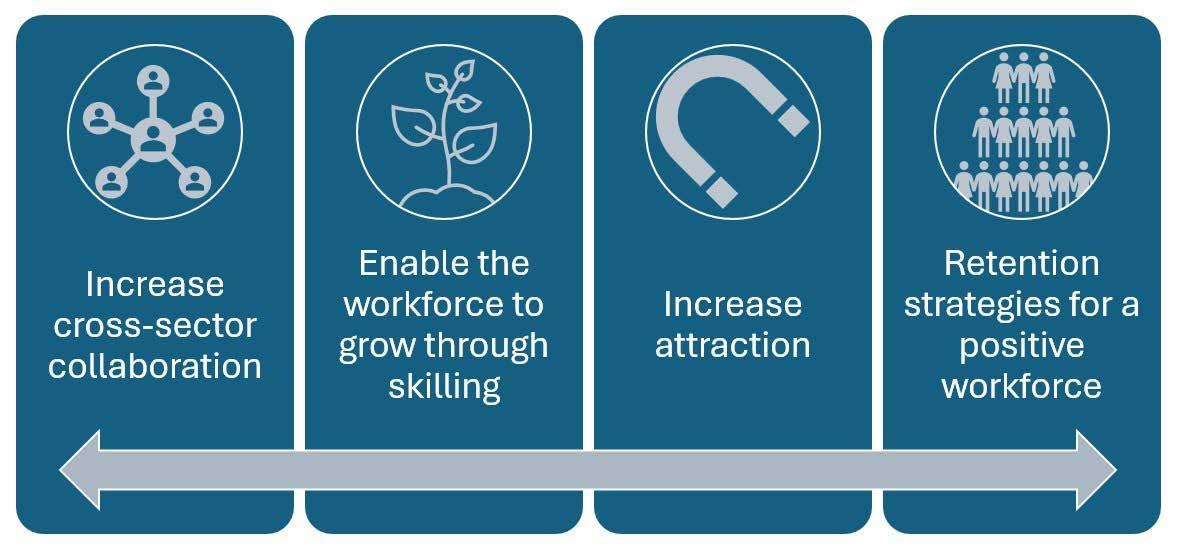
The Queensland Water Regional Alliance Program (QWRAP) is a Queensland Government funded program delivered collaboratively with LGAQ and qldwater to support local government in the sustainable delivery of essential water and sewerage services in regional Queensland.
The aim of QWRAP is to ensure safe, secure and sustainable water and sewerage services for the more than 300 water schemes outside of South East Queensland, which include 25 councils that own and manage some of the smallest water schemes in Australia.
The Department of Local Government, Water and Volunteers provide $2 million per annum that can be accessed by the regions through bidpool funding applications. While the program is managed through a Partner Steering Committee (PSC) with the support of a Working Group, it is driven by Regional Water Service providers. The water leaders from these communities are best placed to identify the priority issues. The role of the QWRAP partners (LGAQ, DLGWV and qldwater) is to support regional water service providers working through the QWRAP regional structures to deliver priority collaborative projects.
Since its inception, QWRAP has provided a formal opportunity for councils to consider and test collaboration and alternative regional arrangements for managing essential W&S services. Regions involved in the program have matured in the degree of collaboration over the course of QWRAP and further development is encouraged through competitive funding for projects that build future collaboration.
QWRAP has evolved over time and now includes joint projects across multiple alliances, information sharing, and common planning and strategic activities within regions.
The 2022-2025 strategic priorities for QWRAP include:
1. Enabling regional scale delivery of sustainable services through optimised funding, procurement and asset management.
2. Building capacity and capability through workforce and skills development pathways, including partnerships with universities.
3. Driving regional partnerships, services and initiatives to ensure regional economic growth, local employment opportunities leading to healthier, safer and more resilient communities.
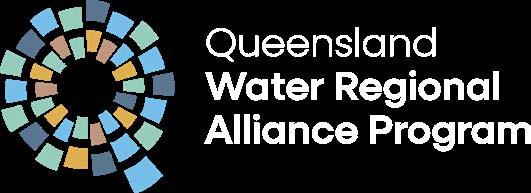
QWRAP brings together nine regional alliances, across 67 councils to work together across local government boundaries to pool resources, ideas, investment and people. Current regions include:
• Central Queensland Water and Sewerage Alliance (CQWSA)
• Downs Urban Water Technical Group (DUWTG)
• Far North Queensland Water Alliance (FNQWA)
• North Queensland Water and Sewerage Alliance (NQWSA)
• North-West Queensland Water and Sewerage Alliance (NWQWSA)
• Remote Area Planning and Development Board Water & Sewerage Alliance (RAPADWSA)
• Southwest Queensland Water and Sewerage Alliance (SWQWSA)
• Whitsunday, Isaac, Mackay Water Alliance (WIMWA)
• Wide Bay Burnett Urban Water Alliance (WBBUWA)
Over the past year, the qldwater team has worked to support the regions and their coordinators on their program priorities. Based on the direction of the QWRAP Partner Steering Committee (PSC), key efforts have been made by the QWRAP Program Director to:
• Lift the level of engagement with CEOs and mayors,
• Improve the level of strategic planning by QWRAP regions to address key industry risks,
• Increase the level of collaboration between QWRAP regions and their coordinators.
• Improve the quality of projects and enhance ontime and on budget delivery of program activities.
An annual QWRAP Chairs and Coordinators forum brings together the team leaders from each of the regions to share learnings and opportunities. To learn more about of each of the regions, please visit the new QWRAP website, launched in 2024.


The Central Queensland Water and Sewerage Alliance (CQWSA) brings together technical representatives from the Central Highlands, Woorabinda, Rockhampton, Livingstone, Banana, and Gladstone councils under the Queensland Water Regional Alliances Program (QWRAP). In 2024, the region focused on progressing a major collaborative study examining financial sustainability, asset management, and workforce skilling risks. Although the project experienced delays due to governance and participation clarification, a Terms of Reference was released to market in late 2024, with submissions closing in January 2025.
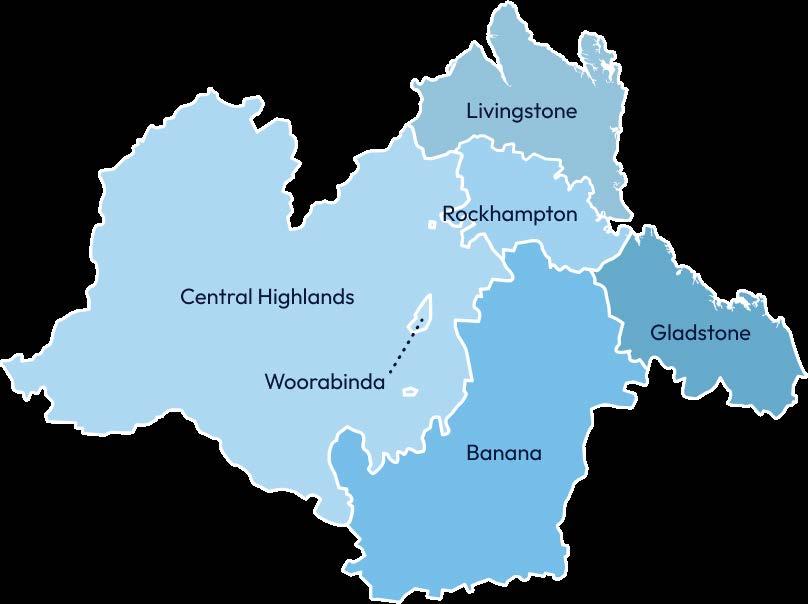
CQWSA also led the formation of a Regional Maintenance Planning Networking Group involving Central Highlands, Livingstone, and Banana councils, with additional participation from Mackay and Isaac. This group aims to share knowledge, enhance maintenance practices, and develop consistent regional standards. With qldwater’s support, the group is preparing a bidpool proposal to secure funding for three key initiatives: delivery of “Best in Class” training, ongoing knowledge exchange through quarterly meetings, and development of a shared QWRAP Asset Maintenance Code.
In 2025, CQWSA’s priorities include appointing a consultant and completing the financial sustainability study, and finalising the bidpool project to strengthen regional asset management and workforce capability. These initiatives reflect the region’s commitment to long-term service sustainability through collaboration.
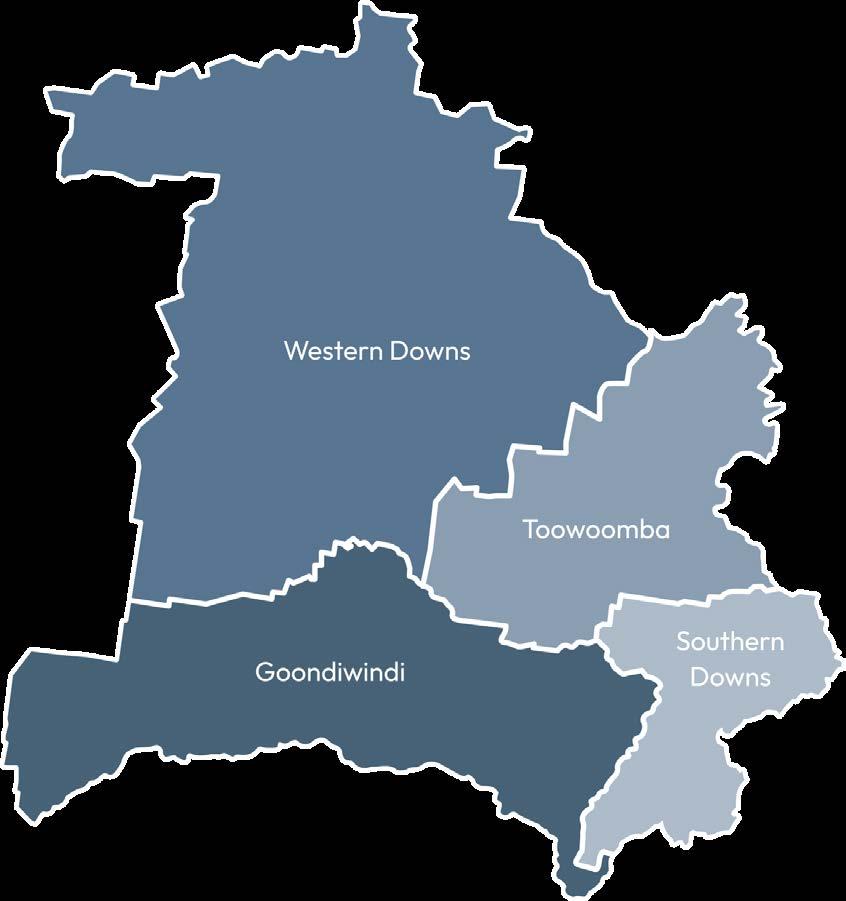
The Downs Urban Water Technical Group (DUWTG) brings together technical representatives from Goondiwindi, Southern Downs, Toowoomba, and Western Downs Regional Councils to collaboratively address regional water and sewerage challenges for the region. In 2024-25, the group made significant progress with support from Dr Louise Reeves and the qldwater QWRAP Program Director.
Key achievements include the appointment of GenEng Solutions as the regional coordinator, successful delivery of the first QWRAP technical meeting in Toowoomba, and a regional QWRAP briefing from George Bourne and Associates on projects underway in the South West, RAPAD, and NWQWSA regions. A strategic workshop also reviewed the work of a previous QWRAP group in the region, helping refine current priorities.
The DUWTG identified development of regional Water and Wastewater Codes and joint procurement contracts for key asset classes—such as sewer relining, manhole repair, and pump station refurbishment—as high-priority initiatives. To support these, the qldwater team provided example contracts and governance frameworks from other QWRAP regions, including the WBBUWA and SEQ Codes.
The group plans to present bidpool proposals at its next meeting to advance practical, regionally coordinated solutions for urban water management.
The Far North Queensland Water Alliance (FNQWA), operating under the direction of the FNQ Regional Organisation of Councils (FNQROC), made significant progress in 2024. A major focus was to progress towards the delivery of the $200,000 FNQ Regional Water Capability Plan, which outlines a coordinated 10-year roadmap to strengthen water and wastewater capability across member councils.
Throughout the 2024-25 period, FNQWA achieved key outcomes in regional collaboration, particularly through joint procurement arrangements. These included securing reliable supplies of water treatment chemicals, advancing sustainable biosolids reuse, and continuing sewer relining and condition assessment programs—all aimed at improving operational efficiency and asset performance. These activities will be reviewed with the qldwater Program Director to identify measurable benefits and future improvement opportunities. The newly developed Regional Water Capability Plan identifies 11 strategic initiatives focused on standardisation, workforce development, asset management, and improved service delivery. The FNQROC Board formally endorsed the plan, and the region is now preparing its first application for dedicated QWRAP coordinator funding.
Looking ahead, the Alliance will prioritise selecting a key initiative from the Capability Plan and prepare a bidpool proposal for delivery.

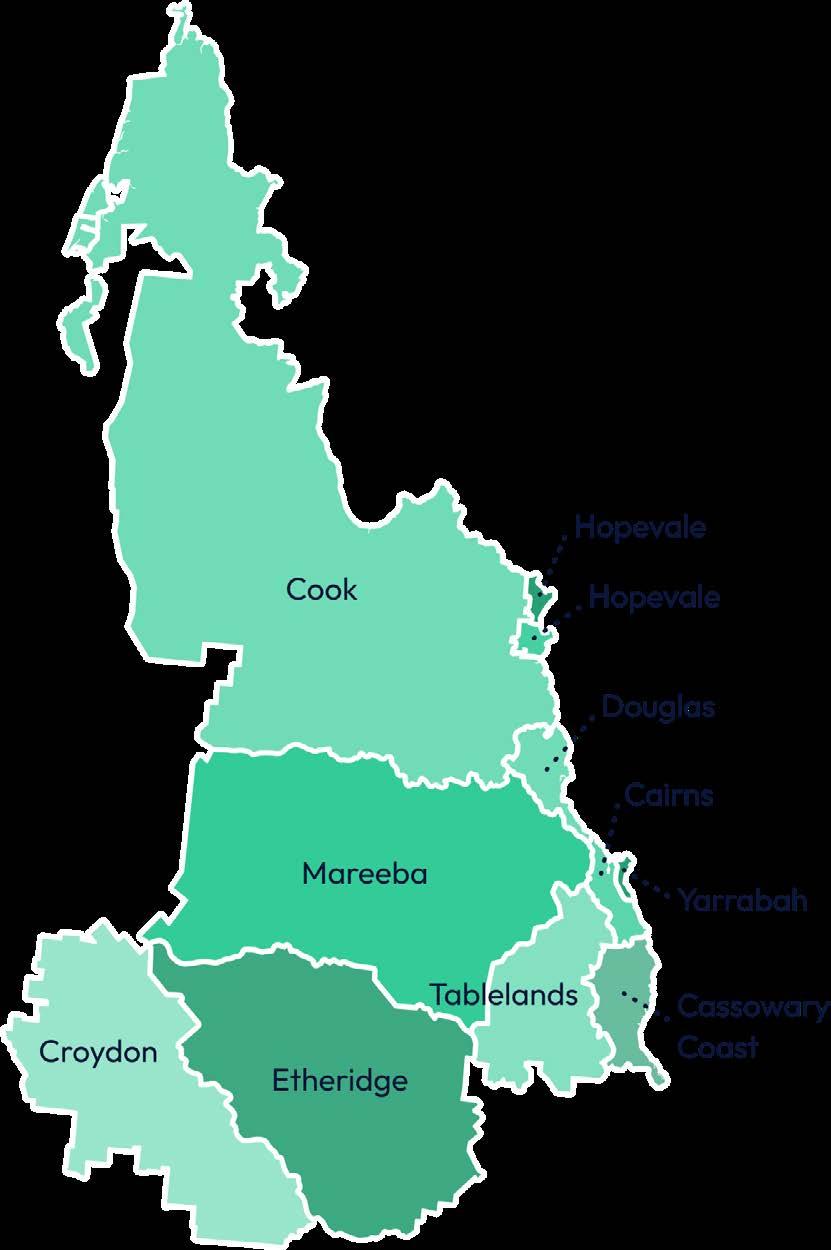
The North Queensland Water Alliance (NQ QWRAP) brings together technical leads from Townsville, Palm Island, Charters Towers, Burdekin, and Hinchinbrook councils. While interaction with mayors and CEOs through the NQ Regional Organisation of Councils (NQ ROC) is still developing, the region made solid progress on several key initiatives during the July–December period.
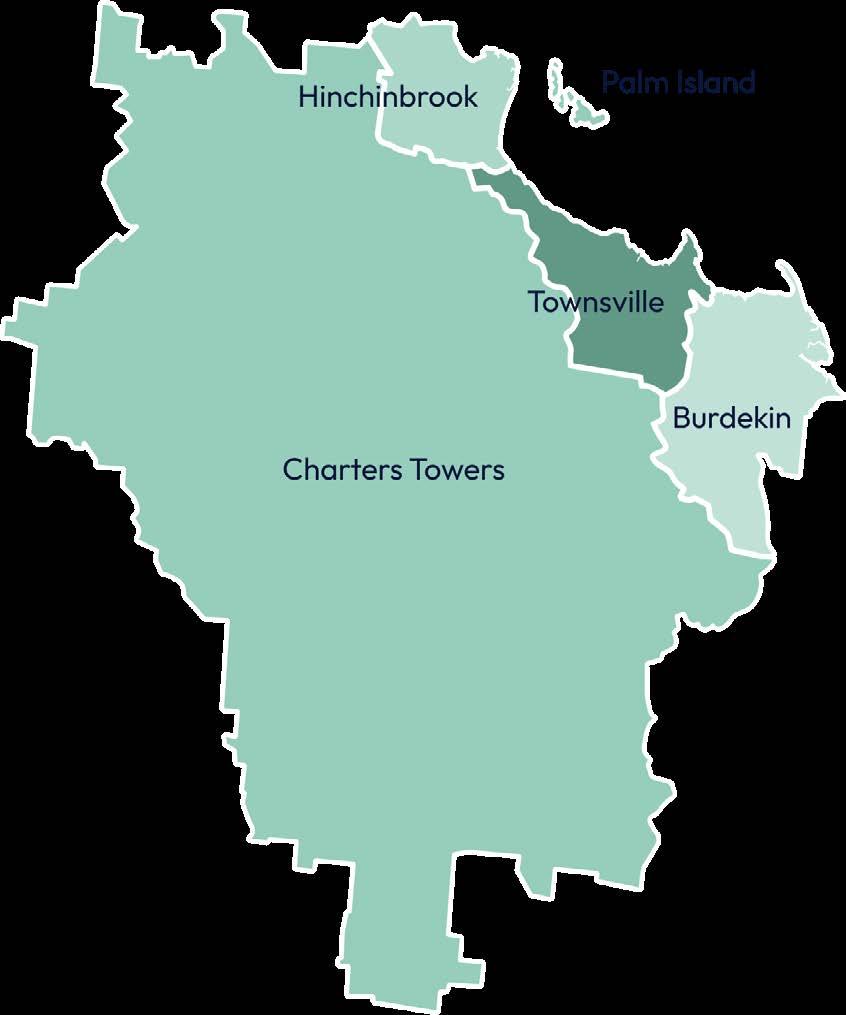
A major achievement was the progression of the Standards and Codes Project, which is helping align water and sewerage standards across the region. This initiative is particularly valuable for mediumsized councils that previously lacked formal codes, and it supports improved asset quality, consistency, and emergency spare parts management across the group.
The Operator Training Forum, held in Townsville in August, provided vital technical training and peer-to-peer learning for operational staff. Supported by TRILITY and qldwater, the forum covered drinking water management, asset inspections, and cyclone preparedness.
Additionally, the SCADA Review project was finalised, auditing control systems across the region and offering alignment recommendations to enhance resilience and mutual support during emergencies.
A December planning workshop prioritised an asset management initiative for 2025, modelled on successful work from the South West region. Upcoming priorities include leadership training, operator exchange programs, and stronger engagement with the NQ ROC to embed QWRAP at the strategic level.

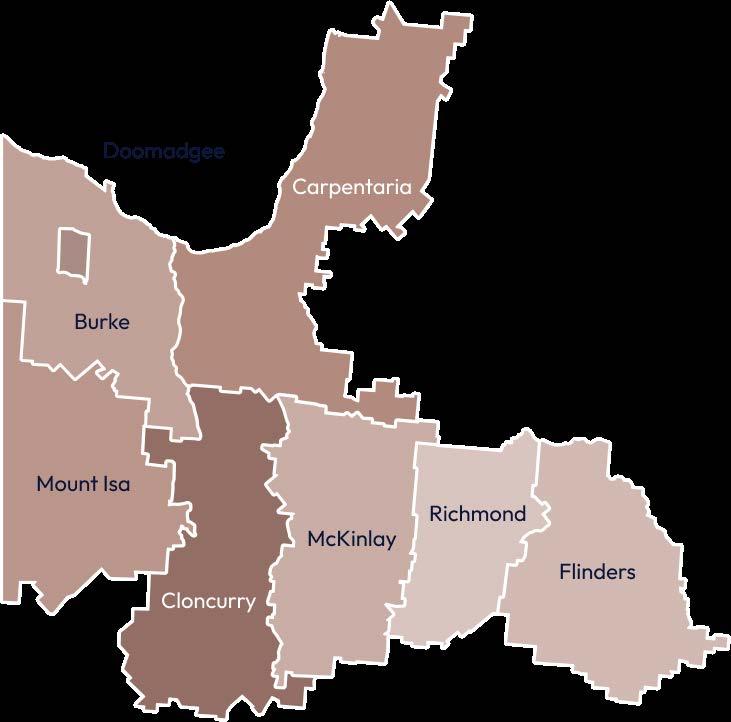
The North West Queensland Water and Sewerage Alliance (NWQWSA) comprises technical leaders from nine Councils including Mount Isa, Cloncurry, McKinlay, Burke, Doomadgee, Richmond, Carpentaria, Flinders, and Mornington Island. During 2023-24, the region strengthened the connection between the technical group and the mayors and CEOs through the ROC, with presentations from the qldwater Program Director, regional coordinator (GBA), and technical chair. As a result, the ROC endorsed a drought and water security program and agreed to embed QWRAP into quarterly meetings.
Technically, the Alliance progressed several important projects. A Training Needs Analysis, delivered by TRILITY, identified critical skills and safety training gaps. qldwater and Water Industry Worker Coordinator Lee-Anne Willis are now working to implement certified training and micro-credentials across the region.
The Customer Service Standards project delivered a regional template now being adopted by Councils. Harmonisation projects are underway to align audits, supplier lists, and public notices, aiming to increase consistency and reduce duplication.
Joint procurement of reservoir cleaning and air scouring has improved maintenance efficiency, with savings captured in case studies. Radiation safety issues at some sites are being addressed through updated safe work methods. In 2025, the group will focus on drought planning, lagoon desludging, and AC mains condition assessments.
The Remote Area Planning and Development Board Water and Sewerage Alliance (RAPADWSA) includes Boulia, Longreach, Winton, Barcoo, Diamantina, Blackall Tambo and Barcaldine Councils. It remains one of Queensland’s most established QWRAP regions, with strong governance through regular quarterly meetings involving mayors and CEOs.
Throughout 2024-25, RAPADWSA has made significant progress in collaborative projects and workforce development. With the support of the regional coordinator and WIW Training Coordinator Lee-Anne Willis, the region has increased the number of operators holding Certificate III qualifications.
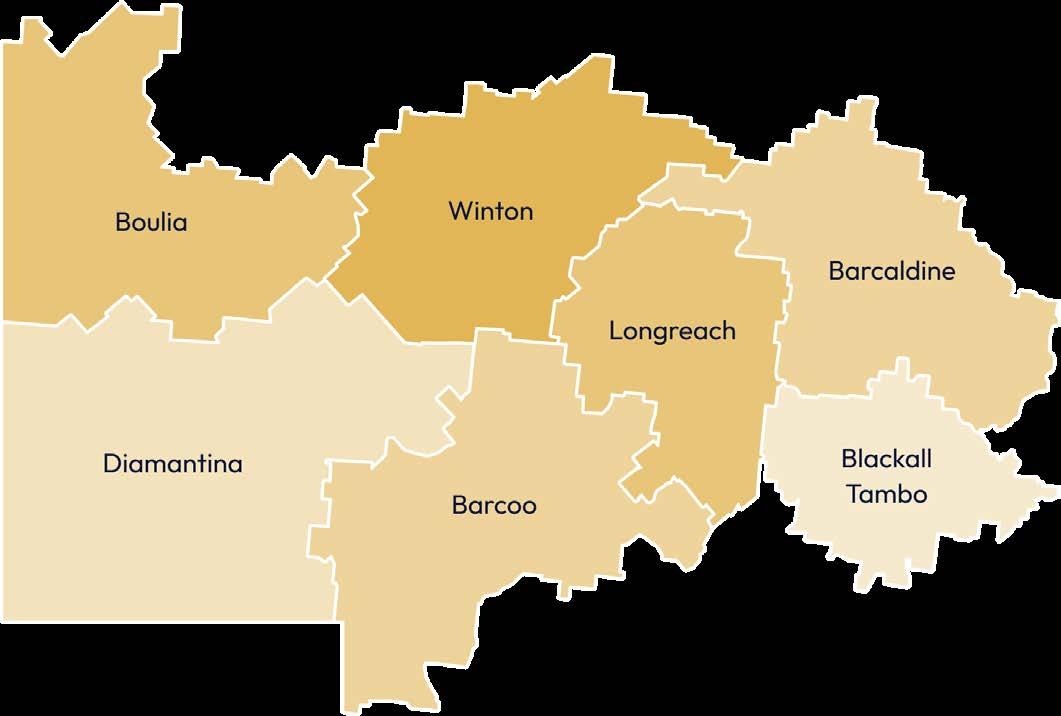
Key achievements included the successful joint procurement of a contractor to deliver reservoir cleaning and air scouring across the Central and North West regions. This collaboration also drew participation from other QWRAP regions, demonstrating the value of inter-regional cooperation. These projects improved drinking water quality, generated savings, and enhanced asset knowledge and maintenance.
Priorities for 2025 include joint procurement for drinking water audits, bore CCTV inspections, and investment in radiation safety training and equipment following challenges faced during the 2024 reservoir cleaning project. Councils are also working to deliver micro-credentials training in SCADA, water quality, and data management— ensuring regional operators are equipped with the skills needed for resilient water service delivery.

The South West Queensland Water and Sewerage Alliance (SWQWSA) brings together Balonne, Bulloo, Maranoa, Murweh, Paroo and Quilpie Councils to manage water services across 27 communities. Strong collaboration between the technical group and the Regional Organisation of Councils (ROC) has underpinned a major achievement in 2024-25—the South West Infrastructure Study.
The study highlighted critical infrastructure risks, including high failure risk across sewerage treatment plants, bores, reservoirs and water treatment systems. These findings have led to renewed commitment to longterm investment planning, including a proposed Infrastructure Delivery Office to coordinate future works.
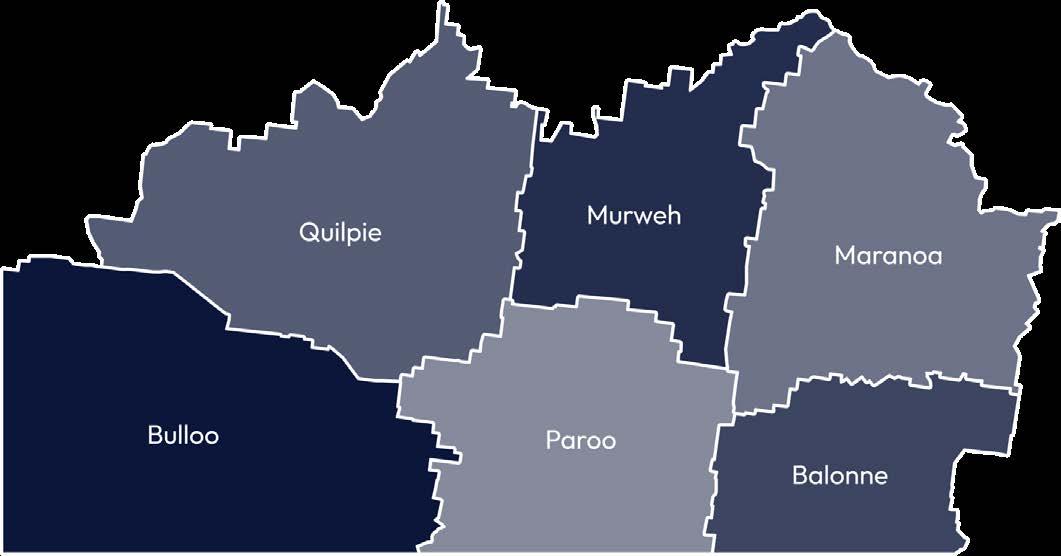
The region also advanced the Collaboration Enhancement Initiative, which included finalising certificate training for operators and recruiting (and now re-recruiting) a graduate engineer. Plans are in place to deliver two operator days in February 2025, focusing on Drinking Water Quality Management Plans and the development of standard operating procedures.
Further achievements included joint procurement projects for water mains air scouring (with savings for Quilpie Shire) and a sewer relining initiative involving Balonne and Murweh Shires.
In 2025, SWQWSA will continue to advocate for investment to address urgent infrastructure risks and build regional delivery capacity through collaborative project planning, training, and strategic partnerships.
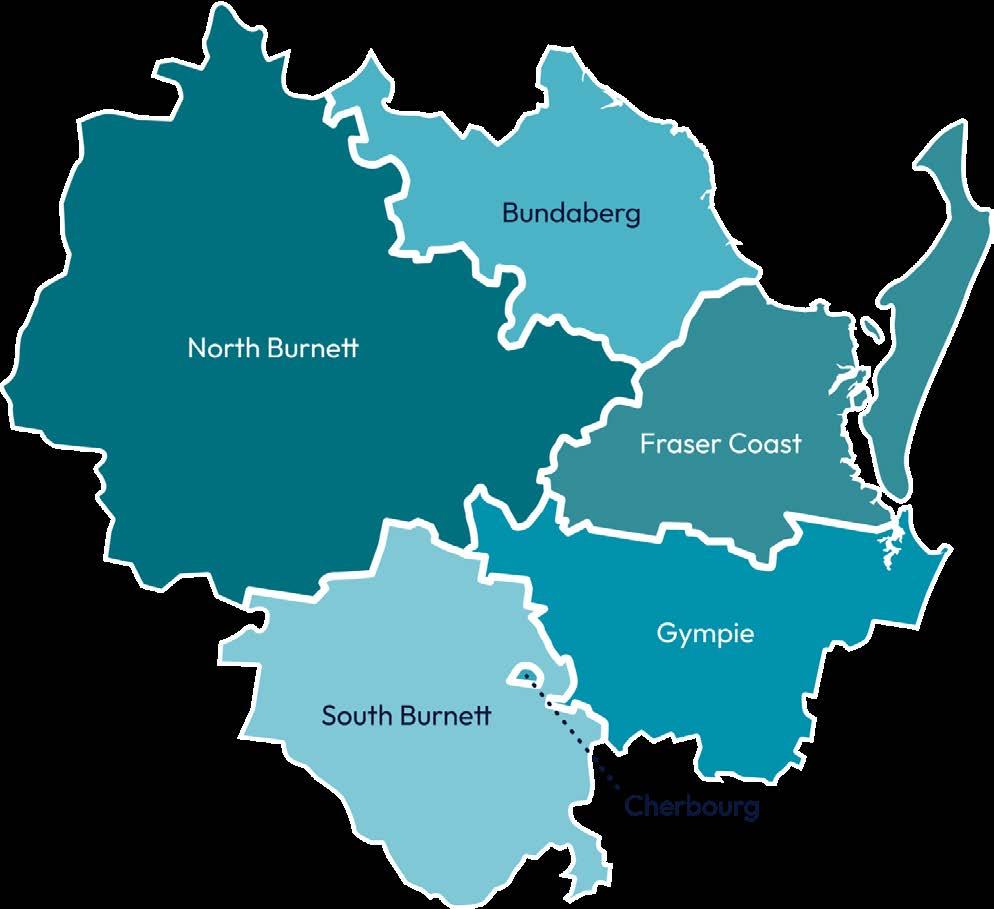
Established in 2019, the Wide Bay Burnett Urban Water Alliance (WBBUWA) is one of QWRAP’s most mature and high-performing regions. Comprising Cherbourg Aboriginal Shire, Gympie, Fraser Coast, South Burnett, Bundaberg, and North Burnett Regional Councils, WBBUWA has successfully embedded many initiatives—originally funded through QWRAP—into business as usual. This includes coordinated drinking water audits, management plan renewals, and joint procurement for sewer relining and manhole repairs.
In 2024-25, WBBUWA advanced several key projects. A comprehensive Training Needs Analysis, led by TRILITY, identified significant gaps in technical capabilities and infrastructure familiarity across the region. The findings will guide delivery of targeted National Water Package training.
The Industry Skills Enhancement (WISE) project delivered three tailored micro-credentials in Drinking Water Quality Management Plans, Water Quality Data, and SCADA systems, with strong participation from Council staff. WBBUWA also progressed the renewal of its regional Design and Construction Code—a pioneering initiative in regional Queensland. The updated code enhances infrastructure quality, procurement efficiency, and long-term asset performance.
In 2025, the region will finalise this code, deliver micro-credentials in Maryborough, refresh its procurement MOU, and lead a Trade Waste Interest Group to develop shared tools and guidelines with broad regional interest.
The Whitsunday Isaac Mackay Water Alliance (WIMWA) remains one of QWRAP’s longeststanding and most impactful collaborations. In 2024, the Alliance underwent a transition with the appointment of Janice Wilson as Coordinator and several leadership changes across participating Councils. In response, QWRAP Program Director and LGAQ Project Manager supported WIMWA in closing two bidpool projects that had lost momentum, ensuring valuable lessons learned were captured to strengthen future project management.
A key strength of WIMWA continues to be the regionally hosted Water Industry Worker (WIW) Program, coordinated by Lee-Anne Willis. Supporting 22 Councils statewide, this program has become a cornerstone of water industry training in Queensland. A renewed bidpool proposal for WIW’s continuation beyond June 2025 is in preparation, with a vision to broaden its reach and training offerings.

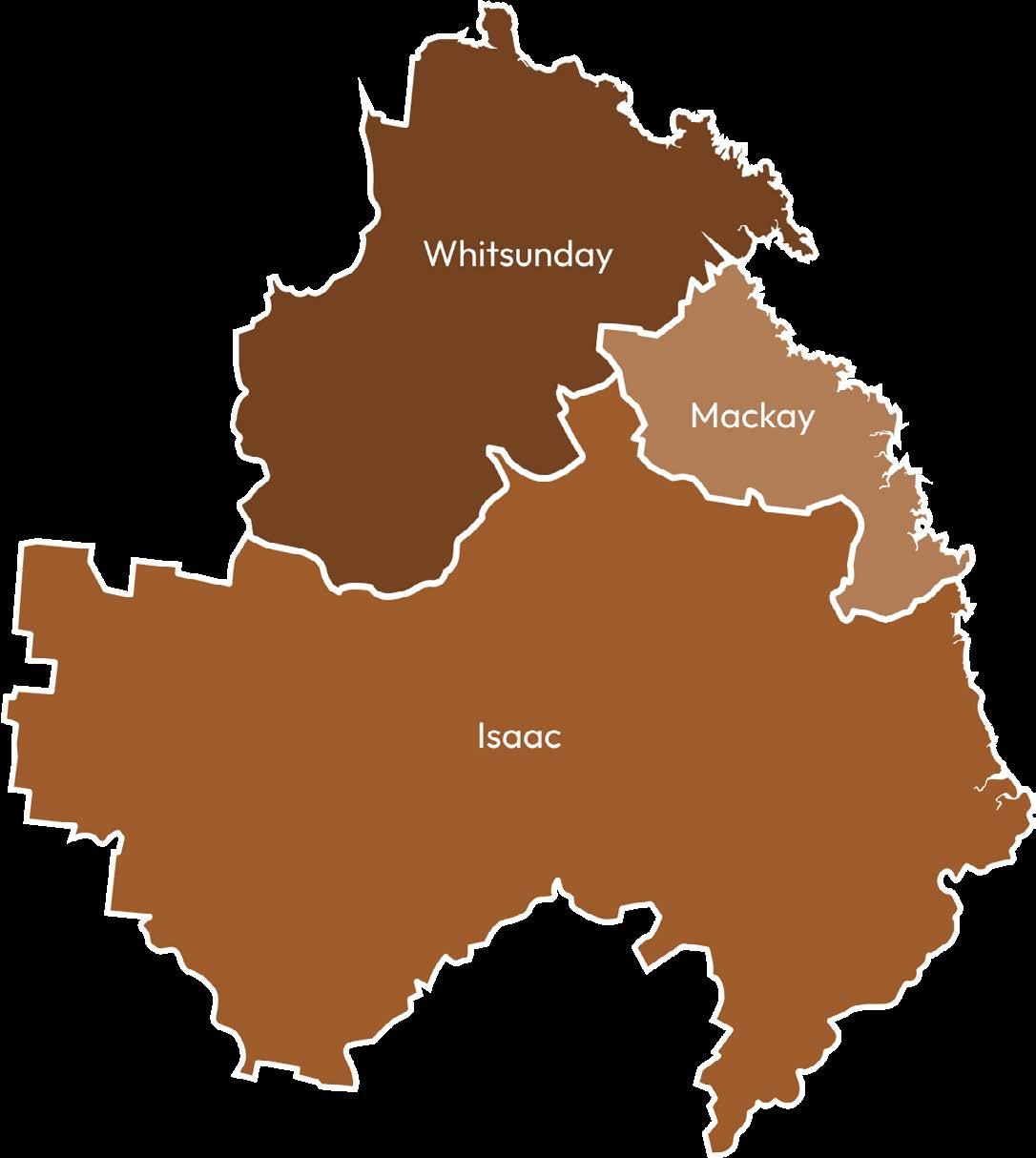
WIMWA also developed several strategic projects for delivery in 2025, including a Smart Meter Playbook highlighting Mackay’s leadership in smart metering, specialist BNR wastewater training, and the development of a WIW Guidelines Manual. A sewer monitoring project using AI-based analytics is also planned.
Key 2025 priorities include advancing these initiatives, submitting new project proposals, and strengthening WIMWA’s role as a hub of innovation in regional water management.
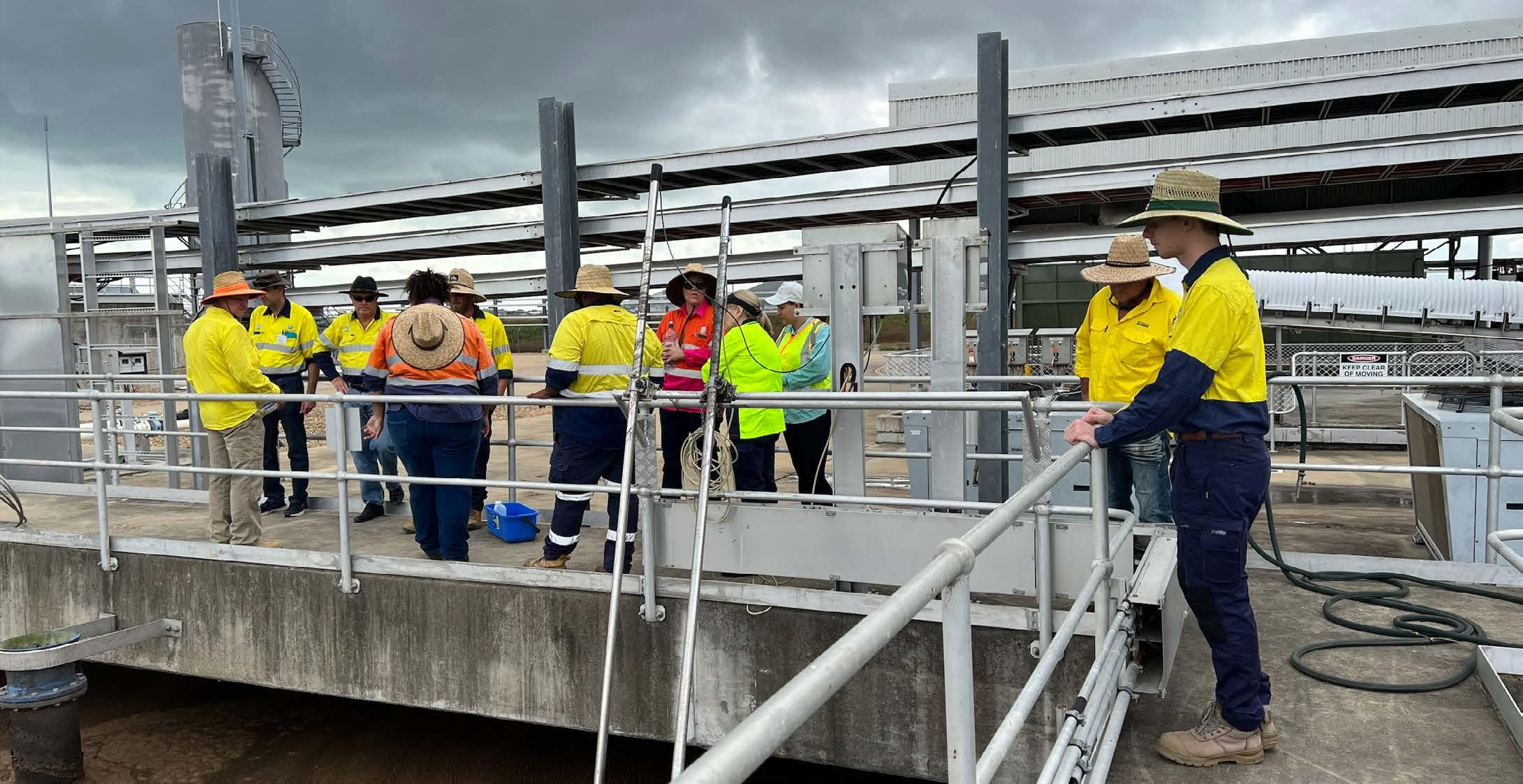
Evolving from the ERA 63 Expert Panel in 2012, SWEAP is an expert group of representatives from water service providers across Queensland that meets regularly to provide advice on environmental management and regulation and to foster collaboration on joint submissions to the Queensland Government on policy issues.
The group aims to be a driving force to move the sector from reactive environmental management towards a focus on stronger leadership with the following objectives and priorities:
• Foster partnership and sectoral leadership towards a whole-of-catchment management approach (rather than focus on individual point sources).
• Seek Smart Regulation, flexibility and selfresponsibility (rather than a 1990s-style compliance framework and laboured communication between Regulators and utilities).
• Challenge perverse outcomes from regulation and policy (e.g. any unbalanced response to contaminants).
• Predict and proactively respond to pressures on cost to serve.
• Foster innovation.
The group meets every three months, with out of session meetings held as required. Information is shared through an online Zoho Forum. The Chair of SWEAP is currently Monique Gastaldin (Urban Utilities) with Anna Whelan (Townsville City Council) serving as Deputy Chair.
During this Financial Year the group:
• Lobbied for legislation to protect Australian drinking water and wastewater agencies from legal liability in relation to PFAS, similar to legislation proposed in the US.
• Facilitated consultation sessions for State and Commonwealth industry consultations including:
- The PFAS NEMP 3.0.
- The scheduling of PFOS, PFOA and PFHxS and associated compounds on the Industrial Chemicals Management Standard (IChEMS) register.
- The draft End of Waste Code for Biochar.
- The NSW Biosolids Regulatory Review.
- Changes to the Queensland Environmental Protection Act (Powers and Penalties).
- Input to the development of Sewer Acceptance Criteria as part of the revision of the Wastewater Quality Management Guidelines.
- A submission to the Senate Select Committee on PFAS.
Invited guest speakers to present at SWEAP meetings including:
• Dan Spelchan from the Department of Environment, Science, Tourism and Innovation (DETSI) Waste Team presenting on ERA 53a Organic Material Processing and PFAS position statement
• Kambez Akrami from Logan Water presented on Logan City Council’s efforts in leading the sector’s response to the End of Waste (EOW) code for biochar
• Monique Gastaldin from Urban Utilities on the success negotiation of Beaudesert RRC Environmental Authority nutrient offset extension for streambank stabilisation at Beaudesert
• Cameron Jackson from Urban Utilities on outcomes of their Environmental Leadership Science Program: a new approach to reverse environmental decline
• Sarah Hausler and Katie Piper from McCullough Robinson on Emerging Contaminants and the Law: Risk and liability under the Environmental Protection Act 1994 (Qld)
• Col Hester from qldwater on the WSAA Trade Waste Guidance Values published in 2024

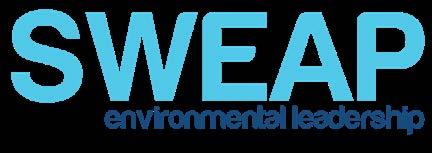
Winner of the Queensland Australian Water Association Organisational Excellence Award in 2024, the qldwater Consortium for Research and Advocacy on Emerging Contaminants (qCRAC) is a partnership among Queensland service providers to share information and partner with national research and policy programs on contaminants of emerging concern. Individually, most councils do not have the resources to maintain membership in national research organisations or to influence the direction of research. qCRAC was established with the initial aims to:
• Jointly address political drivers and Regulator and public reaction to media concerns on COEC.
• Avoid duplication and facilitate information collection.
• Influence research and advocacy at state, national and international scales.
• Create new resources for members.
The Consortium currently has 12 member water utilities. Jeanette Harold (Fraser Coast Regional Council) stepped down as Chair at the start of 2025, being replaced by the Andrew Murray (Toowoomba Regional Council) who served as Deputy Chair throughout 2024. Deena Deidricks (Unitywater) currently serves as Deputy Chair.
In November 2024, the group hosted a dedicated Emerging Contaminants Workshop, with the aim to bring together urban water professionals with an interest in emerging contaminants.
The workshop took place on 22 November in Townsville, hosted by James Cook University at their newly opened Engineering Innovation Place.
The in-person workshop was attended by more than 60 people. Around half of the participants were from Queensland based water utilities, with 17 water utilities represented. There were also representatives from Queensland Health, DETSI and DLGWV in attendance, and visitors from Icon Water (ACT) and South East Water (Vic).
The workshop day was preceded by a technical tour on Thursday, which visited two sites. The first was to the Burdekin Shire Council Pacific Bio – RegenAqua macroalgae (HRAP) plant, at Brandon. The site is currently in commissioning, with several of the raceways already in operation.
The second tour was to the nearby Pioneer Sugar mill operated by Wilmar Sugar Pty Ltd. The site has been in operation as a sugar mill since 1883. The Pioneer mill is equipped with a facility that incinerates bagasse (pulped cane residue left after the extraction of cane juice) to produce steam that is used to within the plant with the excess used to generate electricity that is exported to the grid. The very hot working conditions and smells within the plant gave tour participants a new appreciation of wastewater treatment plants!
See more information about the workshop in the qldwater Events section.
The group have worked together with qldwater to deliver the following:
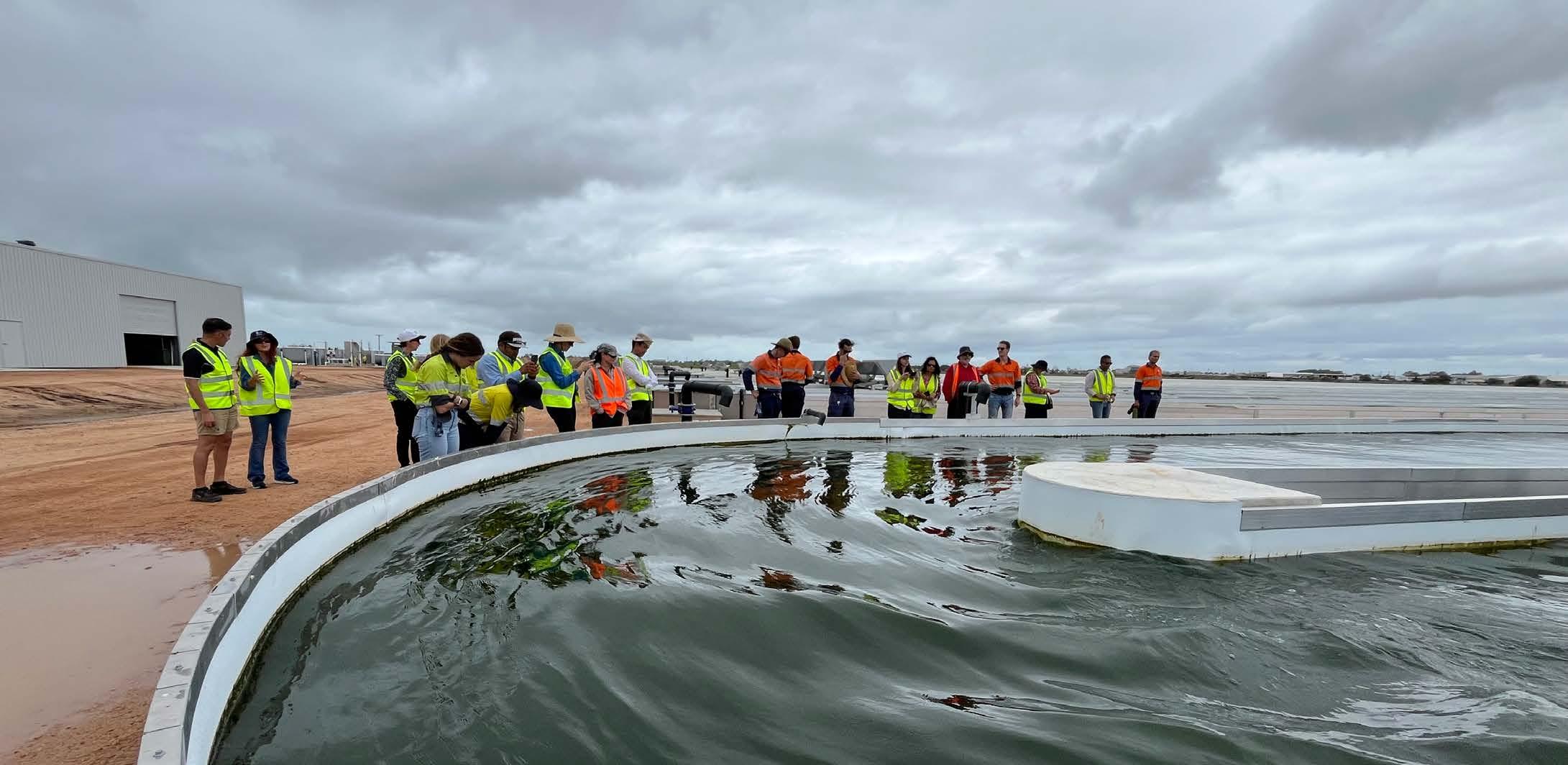
• A public information website/ campaign materials to educate the community about contaminants of emerging concern in their homes – see www. chemicalconcoctions.org.
• A research project “Understanding Concentrations of Contaminants of Emerging Concerns in Residential and Non-residential Areas within Queensland Wastewater” with the University of Queensland researchers from Queensland Alliance for Environmental Health Sciences is underway.
• A collaborative partnership in the Transforming Biosolids ARC Training Centre, which conducts research into sustainable technologies for biosolids.
• A successful ARC Linkage application with University of Queensland researchers from the Queensland Alliance for Environmental Health Sciences for a research project “Identifying sources of contaminants of concern entering Australian sewers”, with Louise Reeves serving as a partner investigator.
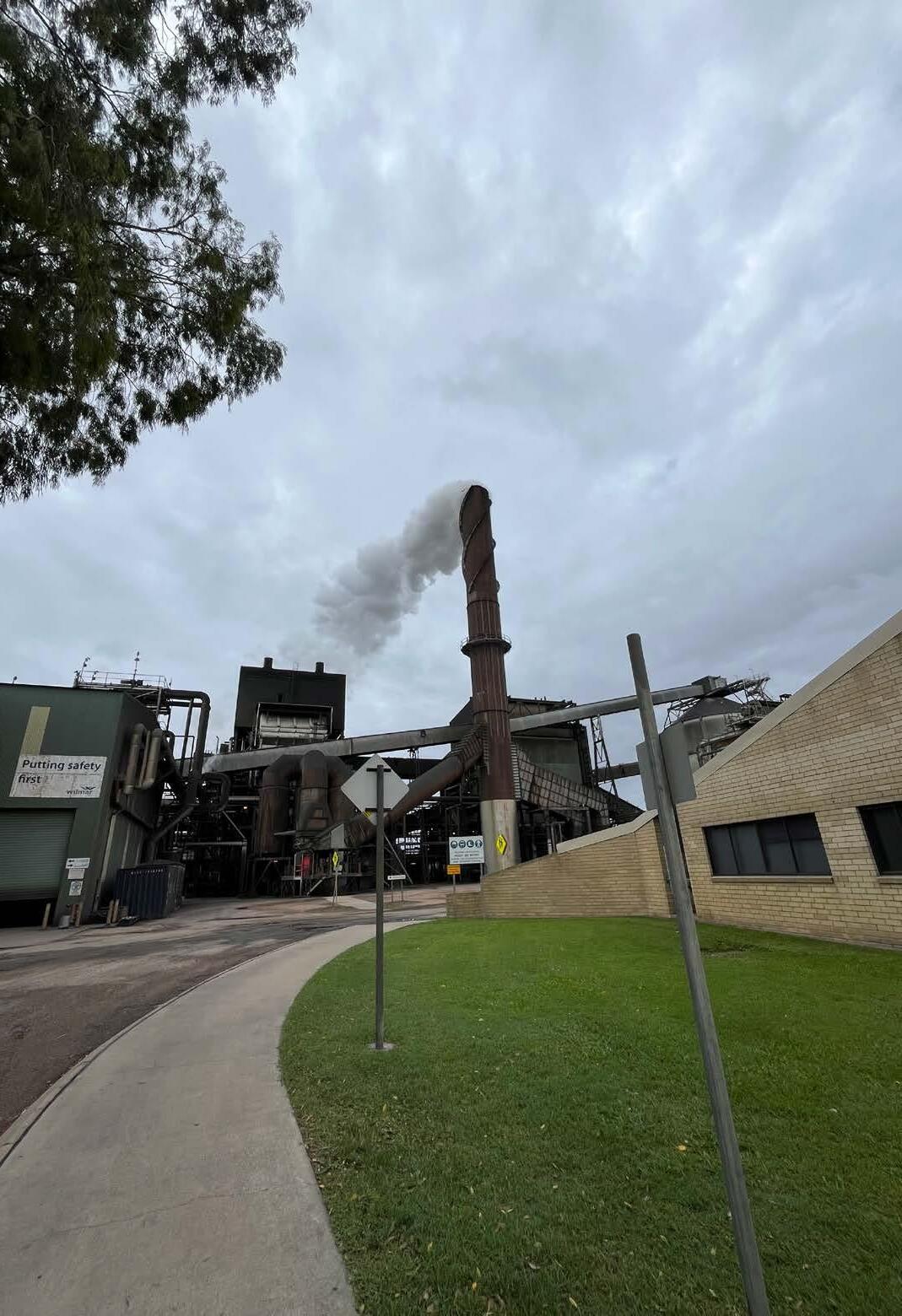
The Consortium continues to actively pursue research collaboration opportunities at a state and national level, through its growing links with Australian research centres undertaking research into COEC relevant to the urban water sector.
Other research in the pipeline include:
• ARC Hub Transforming Municipal Organics, which will follow on from the Transforming Biosolids ARCTTC.
• SewAus 2026: Linking Population Dynamics and Human Exposures to Advance Wastewater Surveillance (ARC)
• UQ Centre for Advanced Imaging and Australian Institute for Bioengineering and Nanotechnology Developing Integrated “Capture and Destruction” Strategies for Perfluorinated Chemicals Remediation
• JCU Trailblazer Research program: A sustainable approach to recycle Cu from biochar derived from biosolids.
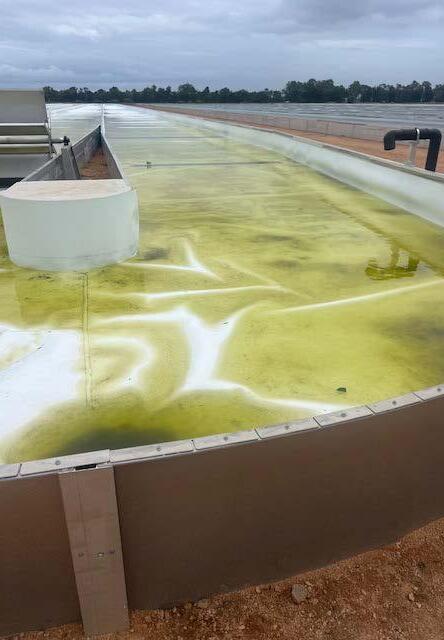
Each year qldwater hosts a series of Essentials and Fundamentals Webinars.
Essentials Webinars
qldwater’s Essential webinars bring together our members, regulators and industry to network and exchange information through interesting and interactive sessions to help inform and influence qldwater priorities, presented by industry experts.
Topics covered during 2024-25 included:
• The Water Supply Regulation perspective on processing amendments to a DWQMP
• Wellness for Water Professionals including:
• Building Personal Resilience to Avoid Burnout
• Self-Awareness for Stress Management and Personal Resilience
• Self-Regulation for Coping with Stress and Building Resilience
• An overview of the High Pressure Water Jetting Exemption
• Unitywater’s Arc Flash Mitigation Project.
Recordings of all Essential Webinars are available here.
Fundamentals Webinars
qldwater’s Fundamentals webinars provide practical demonstrations of the most common water and wastewater treatment and network operations tasks, presented by industry experts.
Topics added this year have included:
• An introduction to SCADA
• Using Data Effectively
• Drinking Water Quality Management Plans
• Fluoridation of Drinking Water Supplies
Recordings of all Fundamentals Webinars are available here
The qldwater Annual Forum was held in Brisbane on 22 to 23 August 2024 with the theme: Managing the Risk Curve.
Keynotes included Dr Anthony Lynham, Chairperson at Seqwater talking about managing infrastructure risk and Adrian Hart from Oxford Economics providing an overview of the future of infrastructure costs.
Session themes included factors impacting infrastructure, reviewing the National Water Initiative, and factors influencing infrastructure design and operation.
A more detailed overview of the day is available here
The annual Best of the Best Queensland Water Taste Test sponsored by TracWater took place at the Waters Edge Function Centre in Brisbane on Thursday, 22 August 2024 as part of the Annual Forum. This prestigious competition aims to recognise excellence in water quality and taste amongst Queensland’s water providers.
After a rigorous blind tasting by over 60 water industry representatives, joint winners, a first in the history of the competition, were announced - Isaac Regional Council’s Glenden Scheme and Fraser Coast Regional Council’s Hervey Bay Scheme. These two outstanding water sources were commended for their exceptional taste and quality. In addition, the runner up for this year’s competition was Mackay Regional Council’s Marian Water Treatment Plant.
Read more about the winners here
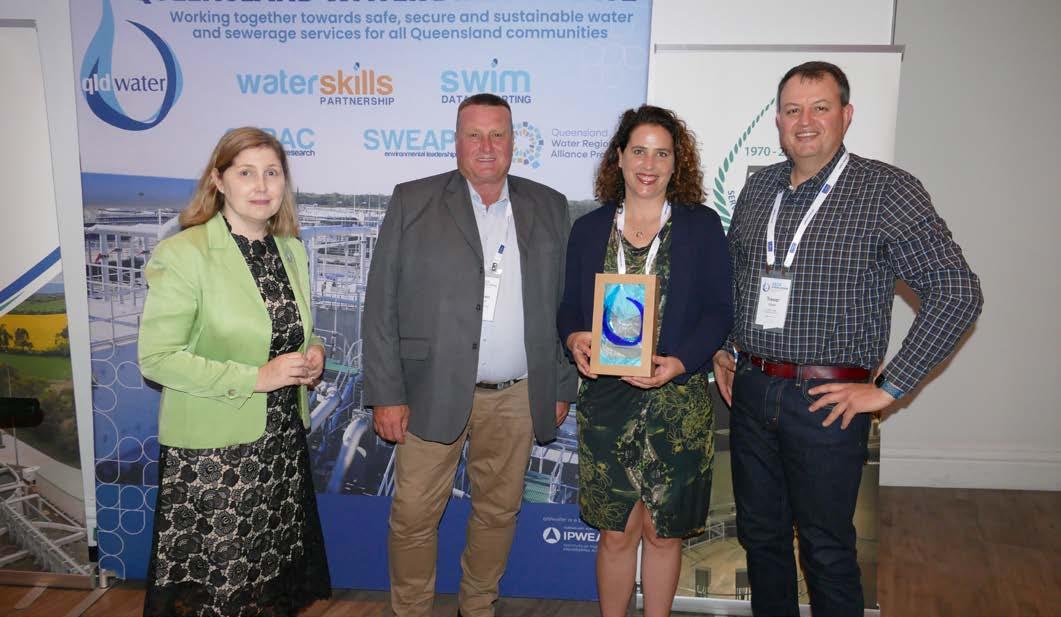
An Emerging Contaminants workshop was held at James Cook University in Townsville on 22 November 2024. The workshop was attended by more than 60 people. Around half of the participants were from Queensland based water utilities, with 17 water utilities represented. There were also representatives from Queensland Health, DETSI and DLGWV in attendance. The event included technical tours of the Burdekin Shire Council Pacific Bio – RegenAqua macroalgae (HRAP) plant and algal raceways and the nearby Pioneer Sugar mill operated by Wilmar Sugar Pty Ltd.
While all presentations were of extremely high quality, there were three that stood out for the importance of their message.
• Dr Elvis Okoffo from the UQ Queensland Alliance for Environmental Health Sciences gave a run down on the occurrence of microplastics in biosolids from Australian WWTP.
• Professor Denis O’Carroll provided a comprehensive overview of the regulation of PFAS, looking in particular at the PFAS burden that is outside of the currently regulated compounds of PFOS, PFOA and PFHxS.
• Sarah Hausler and Katie Piper from McCullough Robertson Lawyers gave a rundown of the risk and liability under the revised EP Act. A key worrying message from this presentation is that the presence of a current approved Environmental Authority does not provide protection from prosecution for a breach of the EP Act.
This issue is not widely recognised, and the presenter has offered to provide a presentation to the wider group of qldwater members at a future date.
qldwater hosted a forum to explore environmental opportunities for Queensland’s urban water, bringing together practitioners from both the Environment and Urban Water sectors to explore the intersection of environmental stewardship and urban water management. Our goal is to foster greater collaboration between these sectors, ultimately leading to innovative solutions and improved outcomes.
Read more about the event here
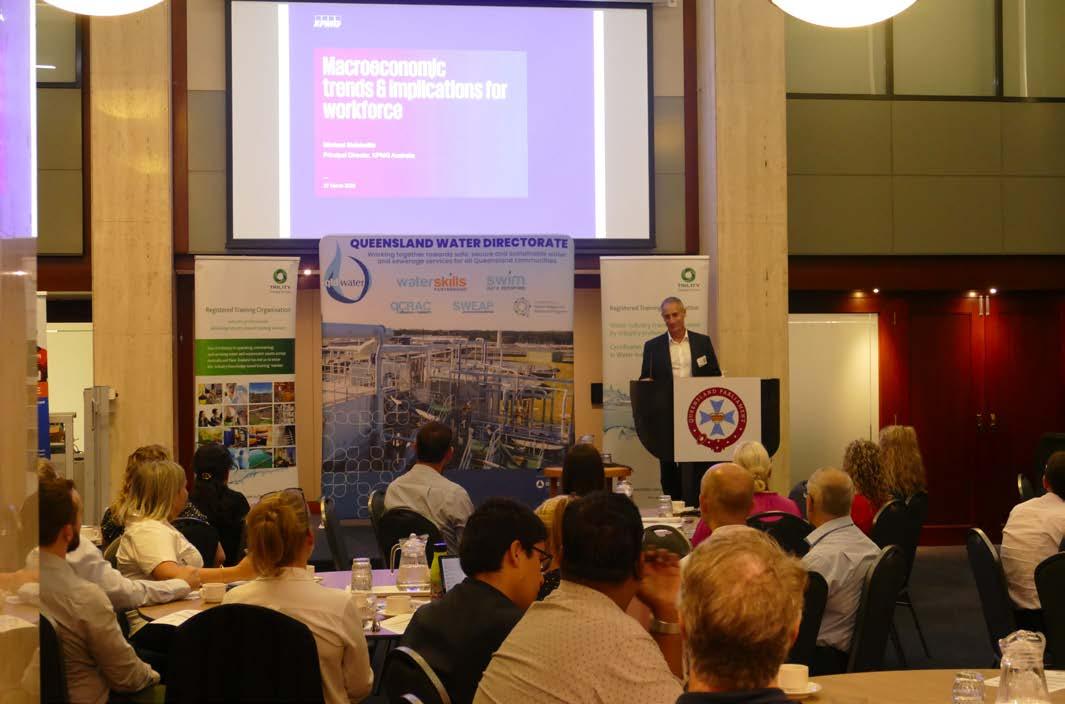
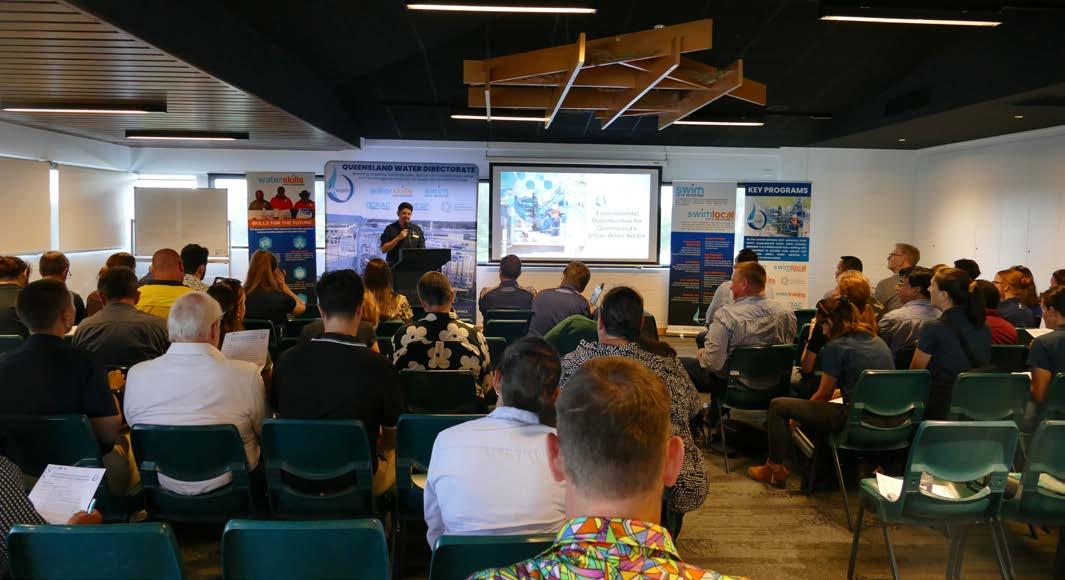
The Queensland Water Skills Partnership hosted its eighth annual Water Skills Forum on Thursday 27 March 2025 at Parliament House. Around 80 people attended the event with a good spread of our key stakeholders in attendance including water managers, HR professionals, Registered Training Organisations, Government officials and more.
The theme for the event was Putting People at the Heart of Innovation. The event included a QUT WISE Lab Tour and drinks reception on 26 March.
Read more about the day and download the presentations here.
In December 2024 the Queensland Audit Office (QAO) published a performance audit report titled “Managing Queensland’s regional water quality” which recommended that the Department of Local Government, Water and Volunteers (DLGWV) develop a pathway for water service providers to adopt healthbased targets in the production of potable water including an assessment of the regulatory impact of fully implementing the targets, the public health risks of not adopting them, identifying costs and benefits, and publishing an implementation plan with a timeline and communication strategy to provide councils with more clarity for their infrastructure and operational planning.
This information session provided an overview of the operation and effect of the Australian Drinking Water Guidelines, explained what Health Based Targets are and how they interact with the ADWG, highlighted challenges to the efficient and equitable implementation of Health Based Targets across Queensland, and identified key strategies for implementing changes towards the introduction of Health Based Targets and the effective regulation of the drinking water sector.
Read more about the day and download the presentations here.
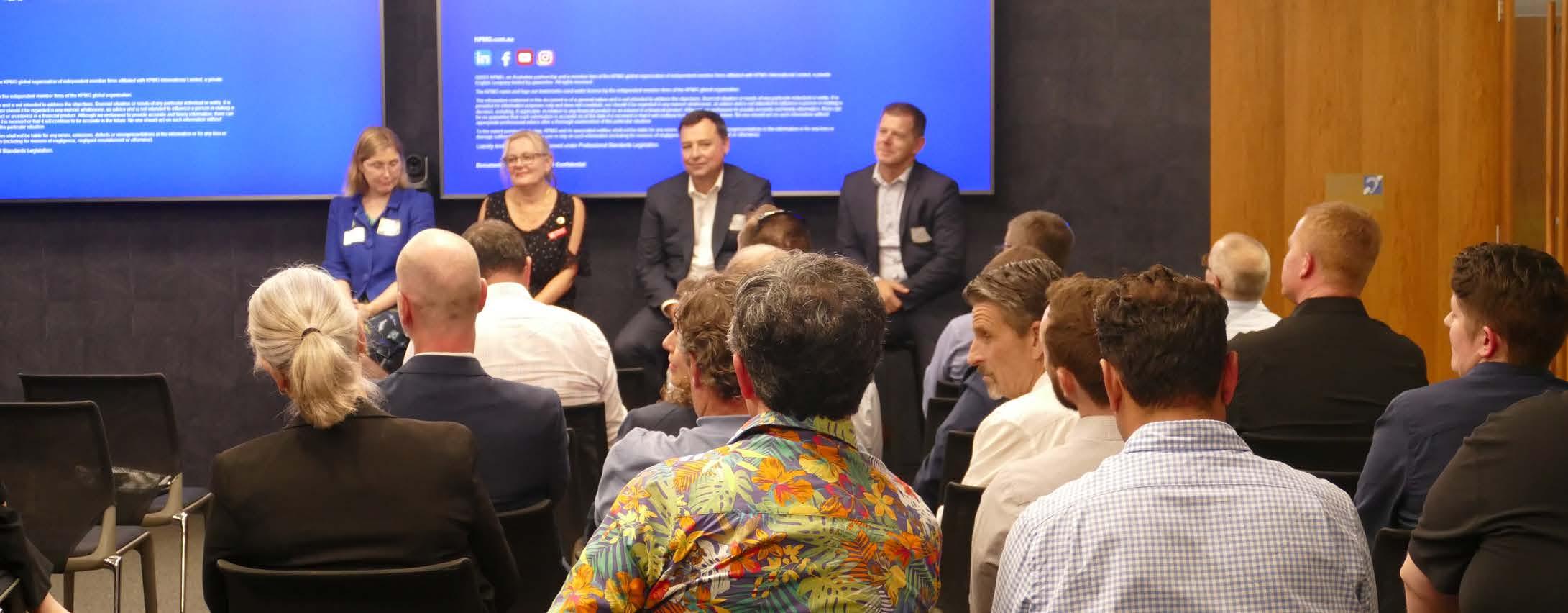
In May 2025, qldwater led the Water Connections Tour across South West Queensland, a four-day initiative designed to build understanding and collaboration around the delivery of urban water and wastewater services in some of the state’s most remote communities.
The tour brought together officials from State Government agencies—including the Department of Local Government, Water and Volunteers; the Department of Environment, Tourism, Science and Innovation; Queensland Health; and the Drinking Water Regulator—alongside council leaders and technical experts from the QWRAP Downs and South West regions.
Over four days, the tour covered:
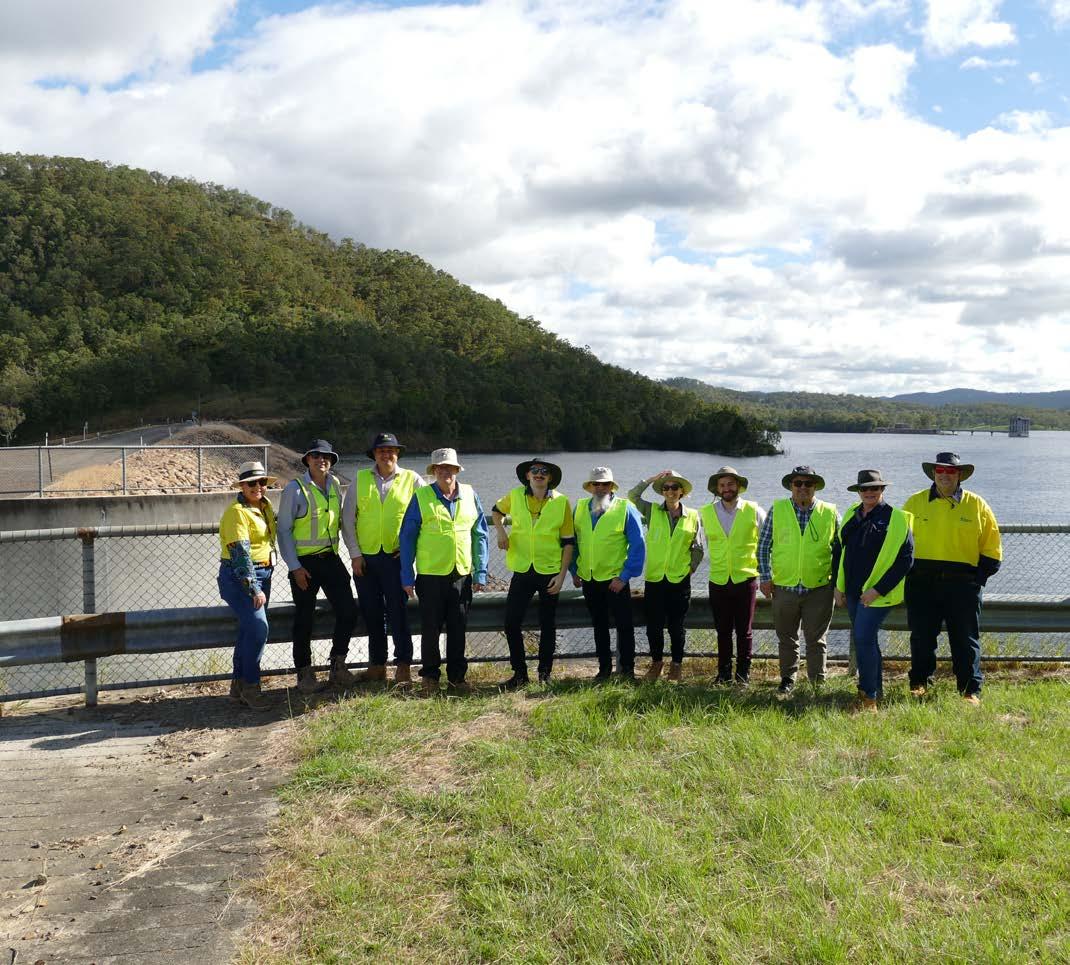
• Toowoomba: A focus on dam safety upgrades, with inspections at Cressbrook Dam and discussions on policy, funding, and infrastructure needs.
• Goondiwindi: Site visits to assess flood-resilient infrastructure, sewerage renewals, and hydrogenbased innovation, revealing that 40% of the region’s sewerage treatment plants and bores are at high or major risk of failure.
• Balonne: Bore inspections in towns entirely reliant on groundwater, along with strategy discussions around regional infrastructure planning.
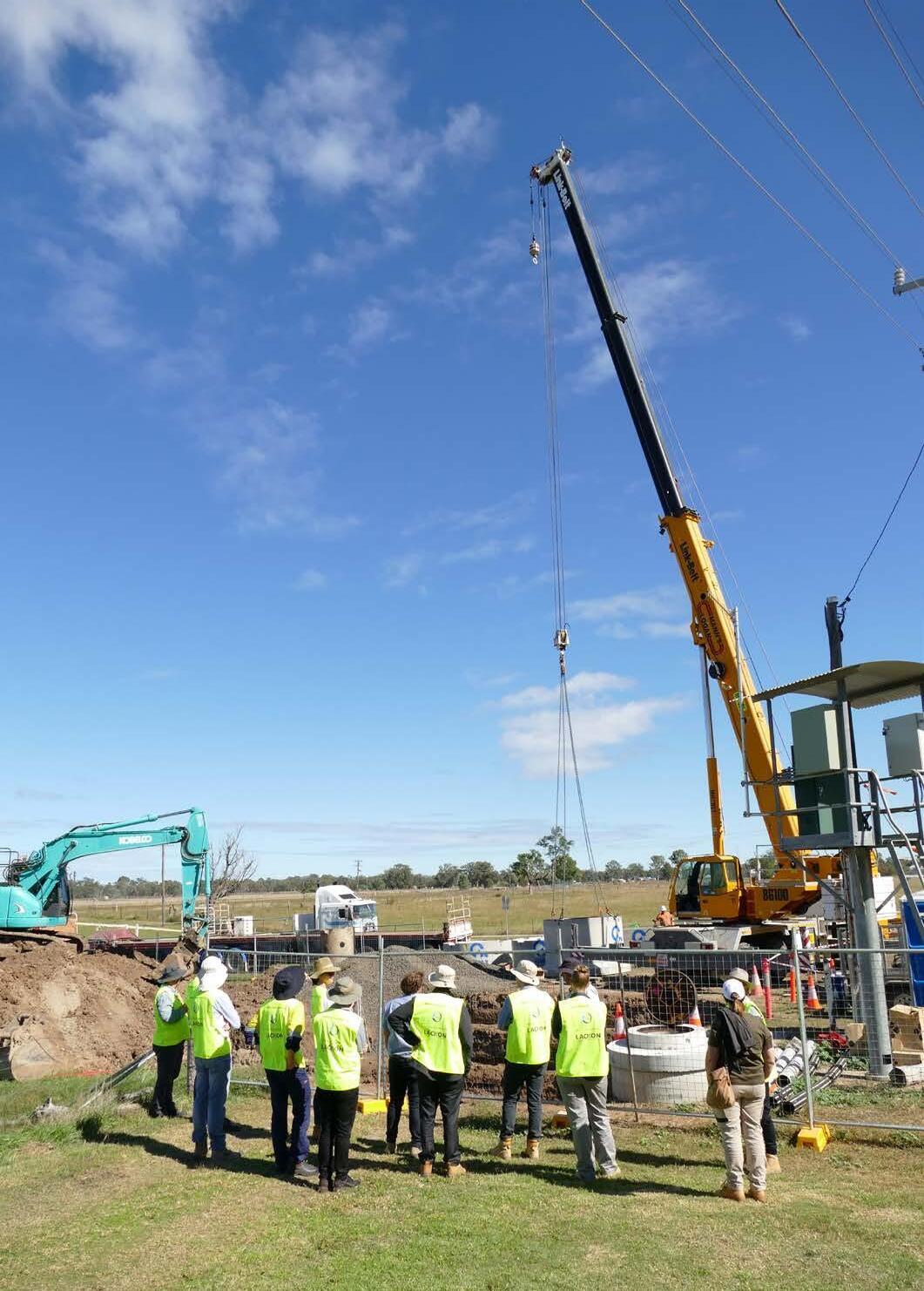
• Maranoa: Ground-level inspections of high-risk assets and dialogue on the real costs and risks of bore failure and water carting in isolated communities.
The tour highlighted more than $87 million in infrastructure investment needs over the next decade and reinforced the critical importance of cross-agency collaboration in ensuring water security, compliance, and liveability for regional Queensland.


Website -
The qldwater Resource Library contains more than 2,500 items in a member only secure zone.
Noteworthy updates on the website this financial year include:
A new Water Workforce Toolbox with topics including:
• Human Resources / Industrial Relations
• Training and Education
• Drinking Water
• Wastewater and Environment
• Reporting
• Management
• Harmful Algal Blooms
• Careers
• Communications
This year we also launched a new public facing website at www.chemicalconcoctions.org to educate people about contaminants in our homes and what we can do to minimise risks.
Each year qldwater sends approximately 50 e-flashes and 12 skills e-flashes to inform the sector on relevant matters such as legislation changes, events and other industry news.
Two newsletters per year, in June and December, keep members up to date with past and upcoming events, program updates and case studies / features.
The Zoho forums have experienced significant growth, becoming a particularly useful mechanism for establishing new interest groups, storing records of discussion and useful documents.
In 2024, the SPG endorsed the creation of two new Working Groups, Safety and Occupational Health, and Drinking Water reflecting the increasing body of work and advocacy required in these areas.
qldwater has a media partnership with Inside Water Magazine, the industry’s dedicated resource for the latest developments and in-depth features on the latest news, achievements, equipment, technologies and products that will benefit the water industry.
With six editions per year, qldwater has an opportunity to contribute an article for each edition with additional advertising space on the digital platform.
Our contributions in 2024-25 included:
• July/ August edition: Mutual Aid in Action – an overview of the mutual aid approach in response to Cyclone Jasper
• September/October: Revolutionising water data management – promoting the Statewide Water Information Management (SWIM) system.
• November/December: Streamlining the dark arts of trade waste – an overview of Col Hester’s model trade waste management plan.
• March/April: Training and retaining Queensland’s water operators – promoting the success of the Water Industry Worker program
• May/June: The perfect storm circling Queensland’s dam safety – highlighting concerns around referable dams, particularly around funding.
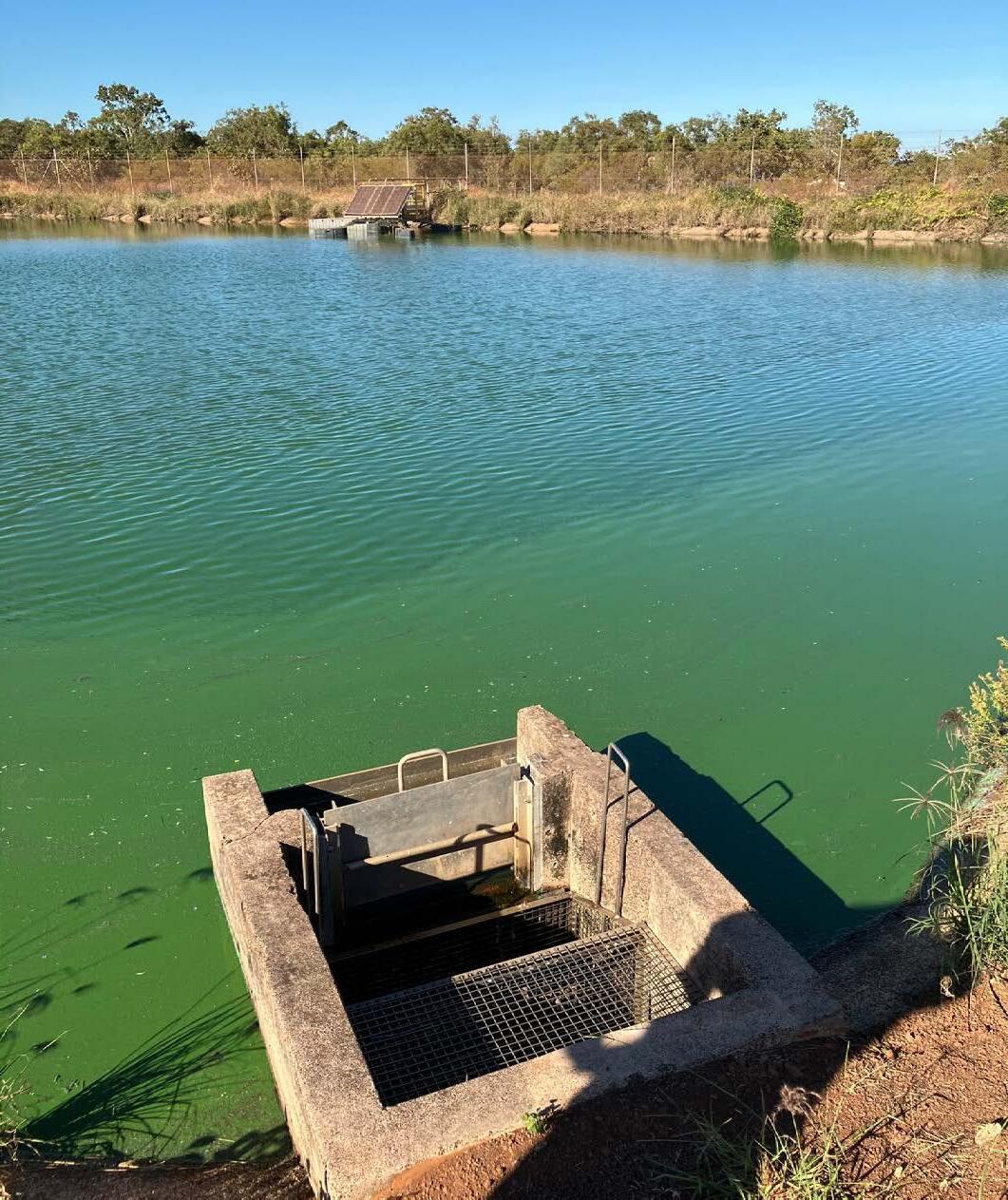
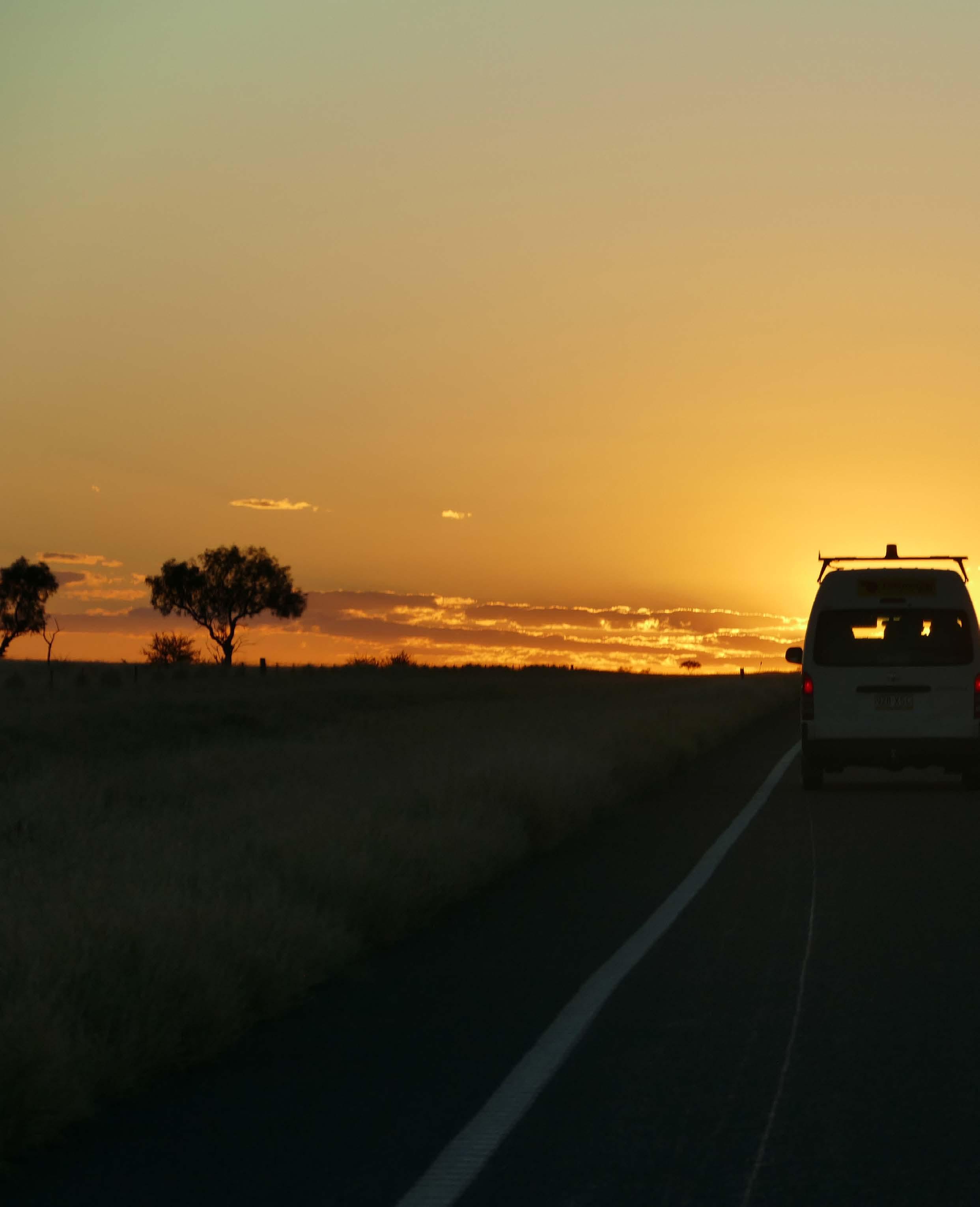
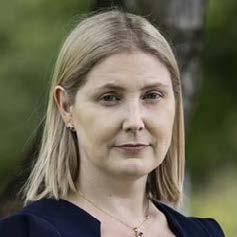
Dr Georgina Davis joined qldwater late May 2023. Georgina has a strong history in advocacy and leading peak bodies including as CEO for the Waste and Recycling Industry Queensland (WRIQ) and previously the Queensland Farmers’ Federation (QFF). She brings great understanding of water planning, pricing, legislation, and the impacts of emerging contaminants on users beneficially utilising the sectors by-products (such as farmers and composters).
Previously with Energy Skills Queensland, Georgina completed workforce plans and workforce development strategies, understanding the challenge to attract and retain good staff, and the safety and wellbeing impacts on those left to carry the burden for an understaffed workforce.
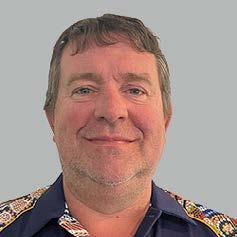
David commenced with qldwater in 2011 and is responsible for managing the SWIM and swimlocal programs. David works remotely from Hervey Bay but travels across Queensland to provide SWIM and swimlocal training and assist member Councils with reporting and benchmarking queries.
David is passionate about data integrity and use, streamlined reporting and benchmarking, and is always advocating for better integration with reporting requirements from other organisations and government departments.
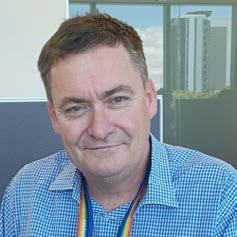
David joined qldwater in July 2023, but he has been part of the qldwater family since its inception as a member, the Chair of the Technical Reference Group and, more recently, as a funding partner in his role with the Queensland Government.
David has a strong connection to the mission of the Directorate and in providing support to all communities and stakeholders in the delivery of essential urban water services.
David leads the Queensland Water Regional Alliances Program (QWRAP), assisting regional and remote councils to develop economies of scale through combined projects.

Louise joined qldwater in 2019 and since then she has developed a keen interest in the complex challenges faced by the urban water industry. Her recent focus is in managing the Sewerage and Water Environmental Advisory Panel (SWEAP) and the qldwater Consortium for Research and Advocacy on Emerging Contaminants (qCRAC), both groups grappling with the issue of emerging contaminants in water, wastewater and biosolids.
Louise has a BSc (Hons) in Geology and a PhD in Isotope Geochemistry. Her early interest in science has transformed into a passion for science education, truth in science reporting, and research.
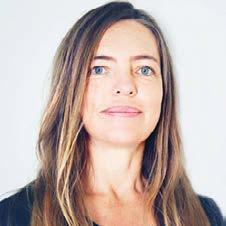
Manager, Communications
Desiré commenced with qldwater in 2011 and manages qldwater’s communications such as corporate publications, online training courses, newsletters, promotional materials, and website updates.
The qldwater suite of communications platforms now include the qldwater website, watertraining.com.au, qldwatercareers.com.au, chemicalconcoctions.org and a growing social media presence LinkedIn. She also assists with events and other projects including QWRAP and Skills & Training.
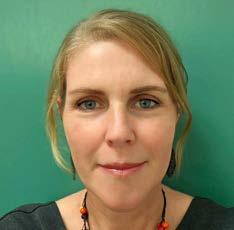
Sarah joined qldwater in January 2025, bringing a wealth of experience in the VET sector to the role, most notably in relation to the National Water Training Package itself.
Sarah manages the Water Skills Partnership program and looks after all things skills and training related.
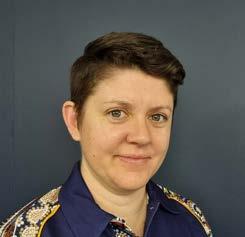
Jess started with qldwater in May 2022, taking on the Coordinator role for the Wide Bay Burnett Urban Water Alliance (WBBUWA) and assisting with the QWRAP program more broadly.
Jess also helps qldwater to make sense of big data through integrated maps and other new innovations. Jess has a keen interest in integrated catchment management and water quality, having worked as Waterwatch Coordinator and Catchment Officer for the Mary River Catchment Coordinating Committee for over six years.

Cass joined qldwater in April 2025 after working closely with the Directorate as the Industry Engagement Manager at the Department of Trade, Employment and Training.
Cass brings with her extensive knowledge of the Vocational Education and Training (VET) landscape and experience in RTO’s, audit roles, regional and workforce development and now direct sector/industry engagement.
Together, qldwater staff:
• convene eight significant long term industry reference groups including our Strategic Priorities Group, Water Skills Partnership, Sewerage and Water Environmental Advisory Panel and award-winning qldwater Consortium for Research and Advocacy on Contaminants (qCRAC)
• represents industry on four major government-convened committees and five major association-led committees
• participates and assists in nine regional alliance groups
• and represents members in numerous committees nationally including water literacy and various disaster and emergency management groups as required.
As a not-for-profit organisation registered with the Australian Charities and Not-for-Profits Commission (ACNC), all funding received goes to further the aims of the organisation, support the sector and those working within it.
qldwater typically receives half of its annual income from membership subscriptions. The annual budget, including these subscriptions, grant funding and revenue from programs is in the order of $1.25 million. This provides an operating budget for key projects and employs 8 full time equivalent staff with technical contractors as required. As a mature collaborative industry hub, qldwater continues to deliver a significant and growing return on investment to members.
Our membership includes all of Queensland’s Urban Water Service Providers across local government, local government-owned authorities and two Category 1 Water Boards. Representing all water service providers positions us strongly to meet our advocacy objectives with various levels of government and achieve strategic and policy priorities.
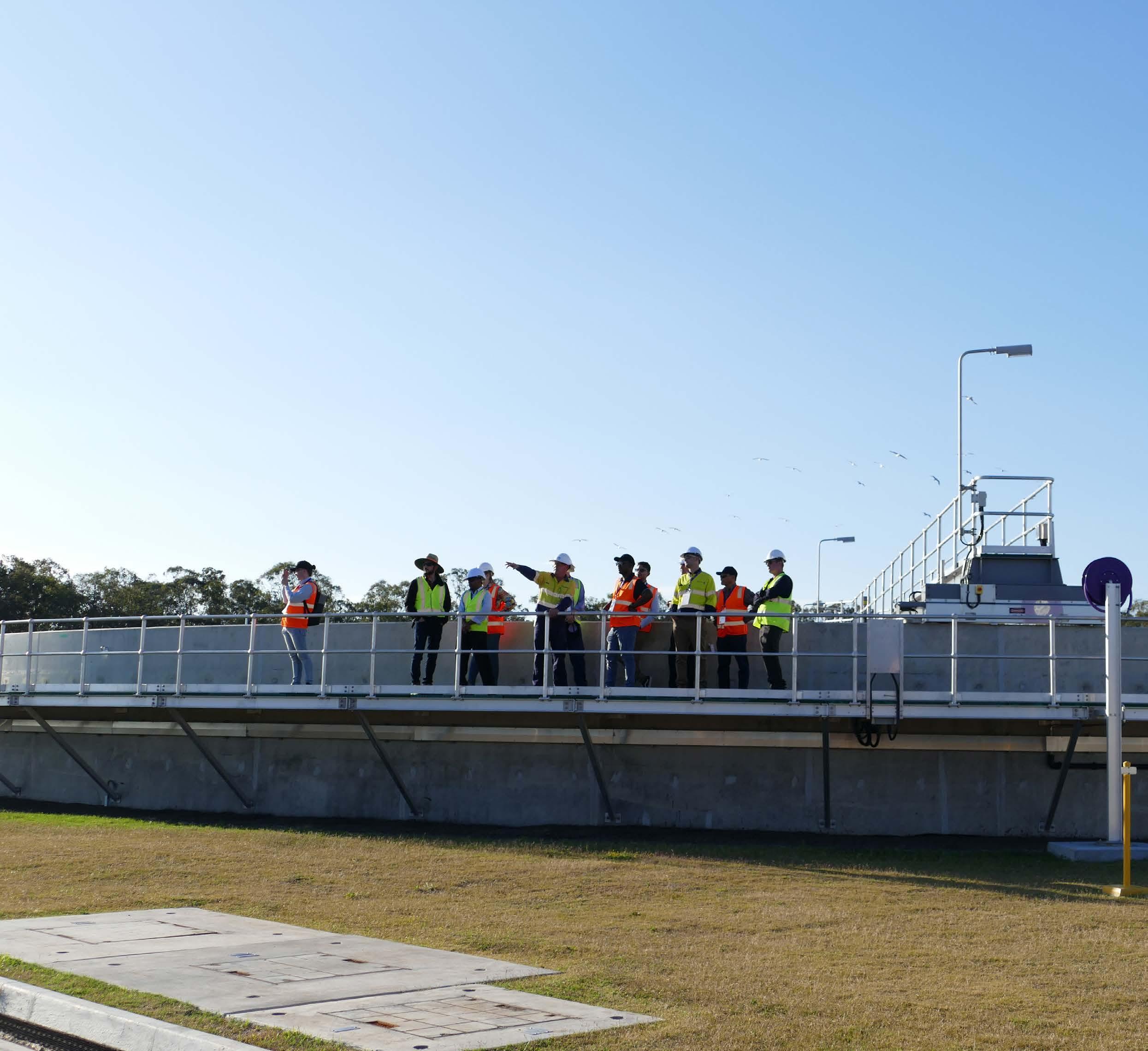
qldwater
1/6 Eagleview Place Eagle Farm QLD 4009 T: 07 3632 6850 enquiry@qldwater.com.au www.qldwater.com.au
“The Queensland Water Directorate (qldwater) is the central advisory and advocacy body within Queensland’s urban water industry and represents members from Local Government and other water service providers across Queensland.”